Angel Bat Dawid – Requiem For Jazz
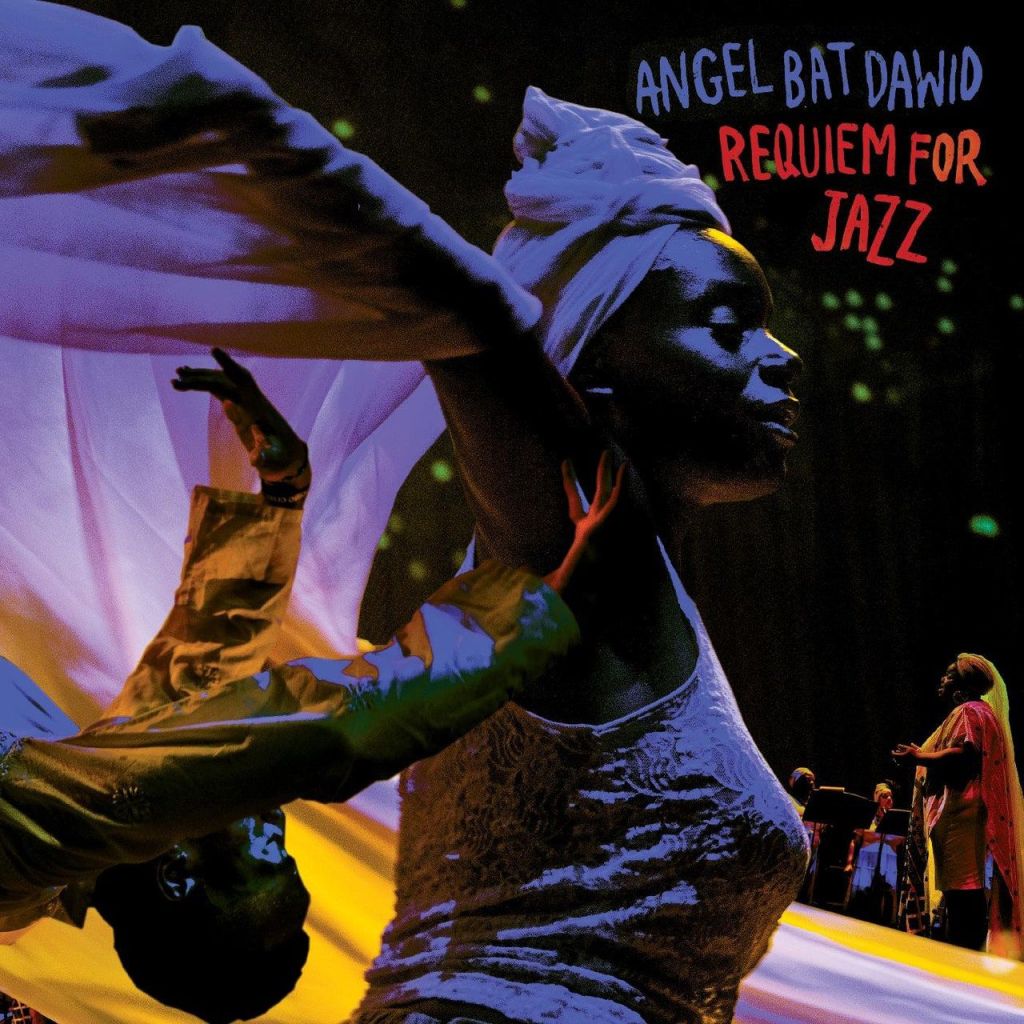
As explosive a live recording as you’re ever likely to hear – an album that’s both a eulogy to jazz’s past and a promise to its future. Incorporating elements of the ecstatic alongside the broad lineage of spiritual jazz, Requiem For Jazz elucidates an unbroken chain in black American expression, from spirituals down to blues down to jazz down to trap, and incorporates over a century of black American music in under an hour. In doing so it unites liturgical and secular sounds, quivering in both pain and ecstacy with every note.

Pinkpantheress – Heaven Knows

Fulfilling the promise of To Hell With Out, Heaven Knows is THE pop record of the year, a record of shocking vulnerability, heart-on-sleeve expression. Amidst the most dour fucking pop landscape, it’s refreshing to hear big crossover instrumentals unafraid to speed up the BPM – even in its relative slow jams. Pinkpantheress retains all the insular, lovesick emotional patter of the widespread Alt Pop and Alt R&B landscape – being perhaps the neatest encapsulation of their British-side sound in the past five years – but injects it with such vibrancy, lushness, danceability and razor sharp melodic sensibilities.

Full Of Hell / Nothing – When No Birds Sang

Transitionary was the word that defined Full Of Hell’s material in 2023. A year spent experimenting with tempo and texture on their collaborations with Primitive Man and Gasp, it was their late-year record with Nothing that most elucidated their current musical trajectory – corrosive deathgrind is here tempered with transient, evervescent ambiance, blistering legato riffs are supplanted by melancholic, clean arpeggios.
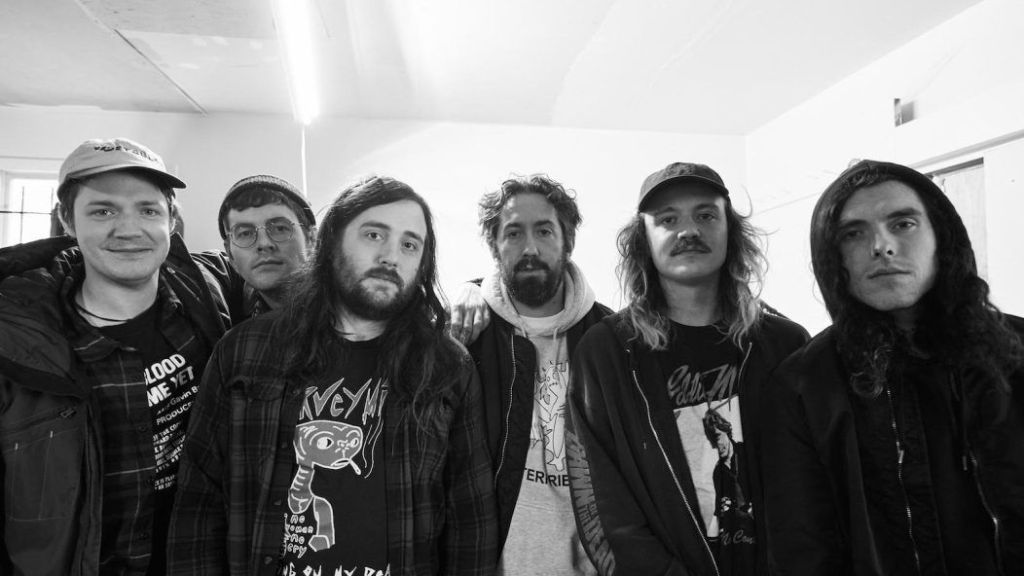
12 Rods – If We Stayed Alive
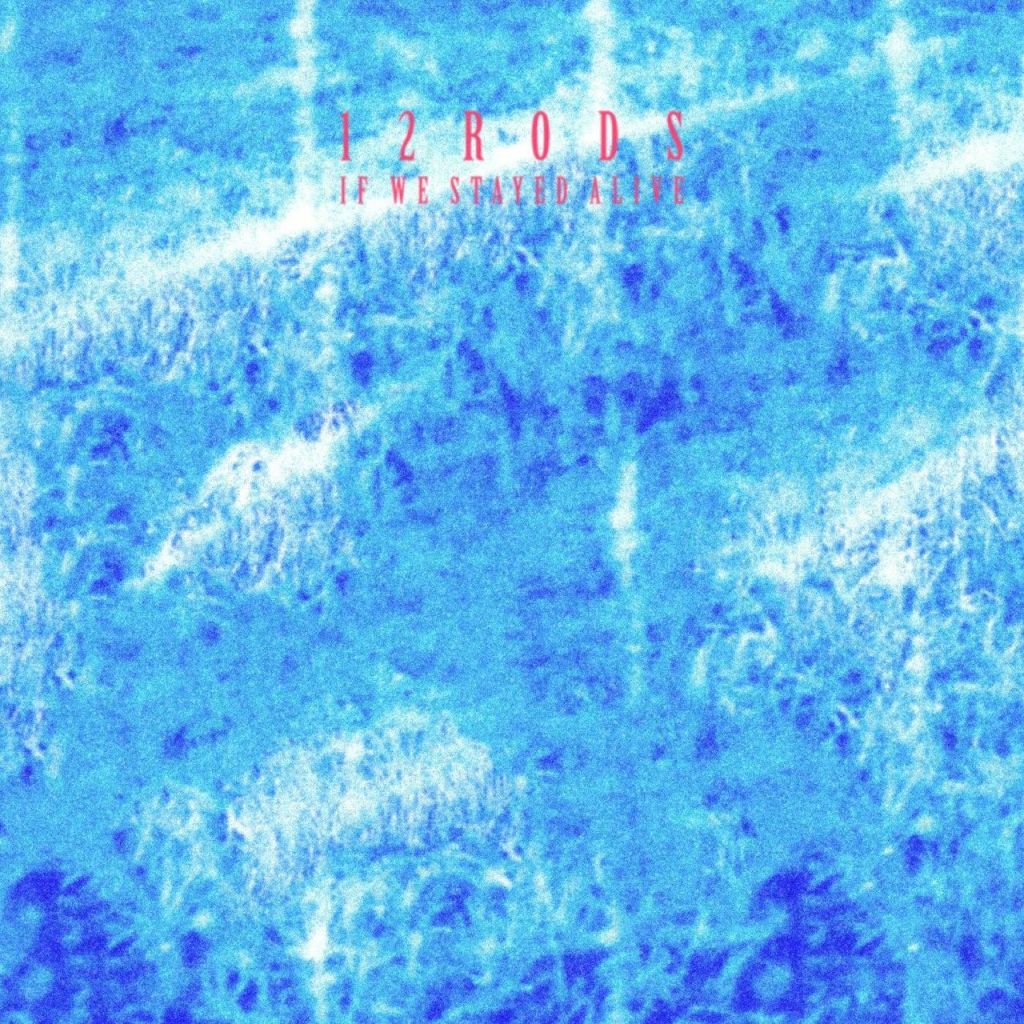
A handful of old demo tracks found by Ryan Olcott, reworked and re-recorded over the pandemic, If We Stayed Alive comes over two decades after the last 12 Rods record. Retains their wryness, but whereas older 12 Rods had this warmth and spontaneity to it, If We Stayed Alive feels more deliberately hook driven, composed. No other record made me think as much about being aging this year. Subtly melancholic.

Nyokabi Kariũki – FEELING BODY
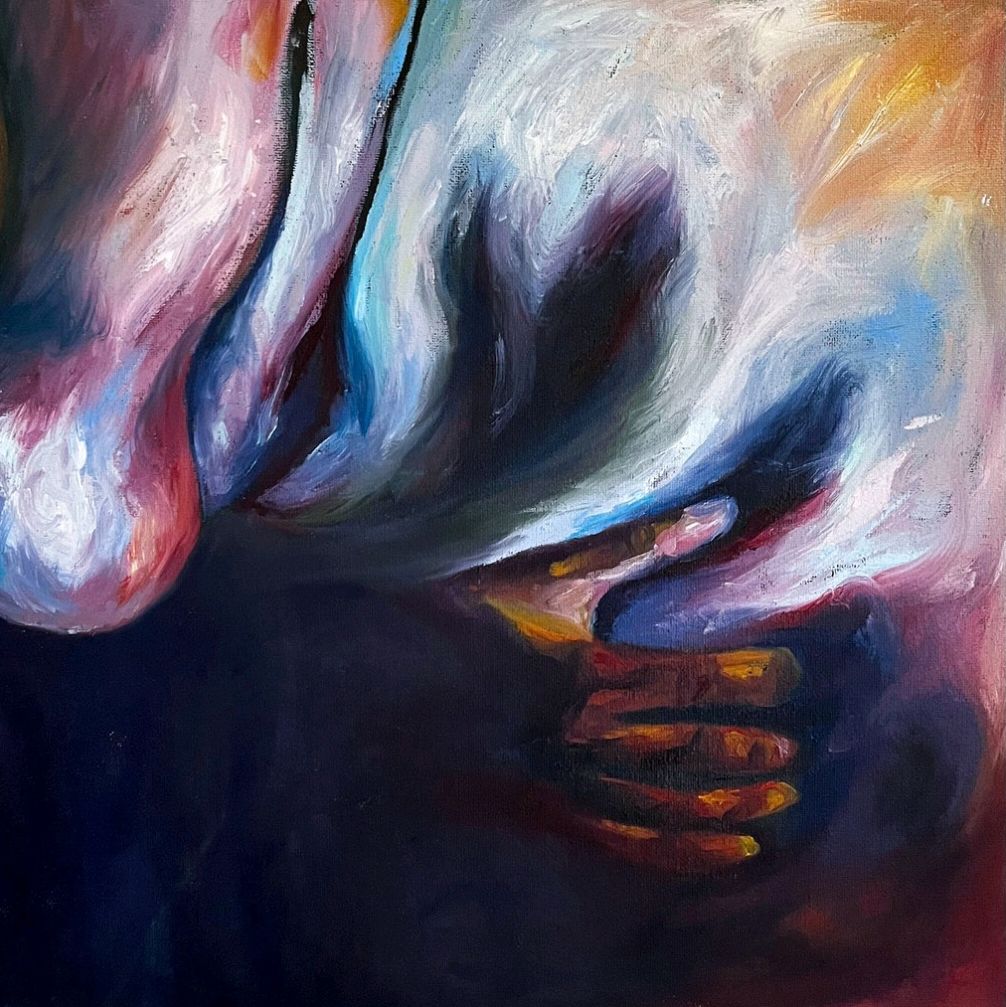
Vocal album of the year – written during a long battle Nyokabi Kariũki had with long covid and imbued with the broad experiences of chronic illness, FEELING BODY is at times the sound of a body betraying itself, of blood cells fighting against you, of chronic pain. But it’s an album that’s bookened with affirmations of survival, prosperity, recovery. The icy, overdubbed recitation on Subira – “Recovery may take longer than you think, but I promise you the ground will come after” – pairs with the brittle falsetto of Nazama – a simple, conclusive “I’m getting better.” For as genuinely heart-in-mouth it can be, there’s always little instances of actualisation, of personal victories – the use of text-to-speech on Fire Head evokes the detached, hollow civility and due-process of both medical and personal interactions during illness, a hollowness broken with a human declaration. Lyrically it’s not reassuring or potently empowering, but it’s human, living and in control.
There have been many post-pandemic records, but few post-COVID ones. An album compositionally defined by its combination of a capella performance alongside field recordings depicting water in various states – reinforced through references to the River Jordan and, as Kariũki says in her description of the album, the final track which translates to “I Sink” in Swahili. It emphasises the relationship of water with the body – of how illness makes you consciously aware of your body, of your infirmities. Though at times the most anxious and fearful recording I’ve heard this year, it’s an album that has a distinct transcendental quality – of overcoming by pushing through, of going up by going out.
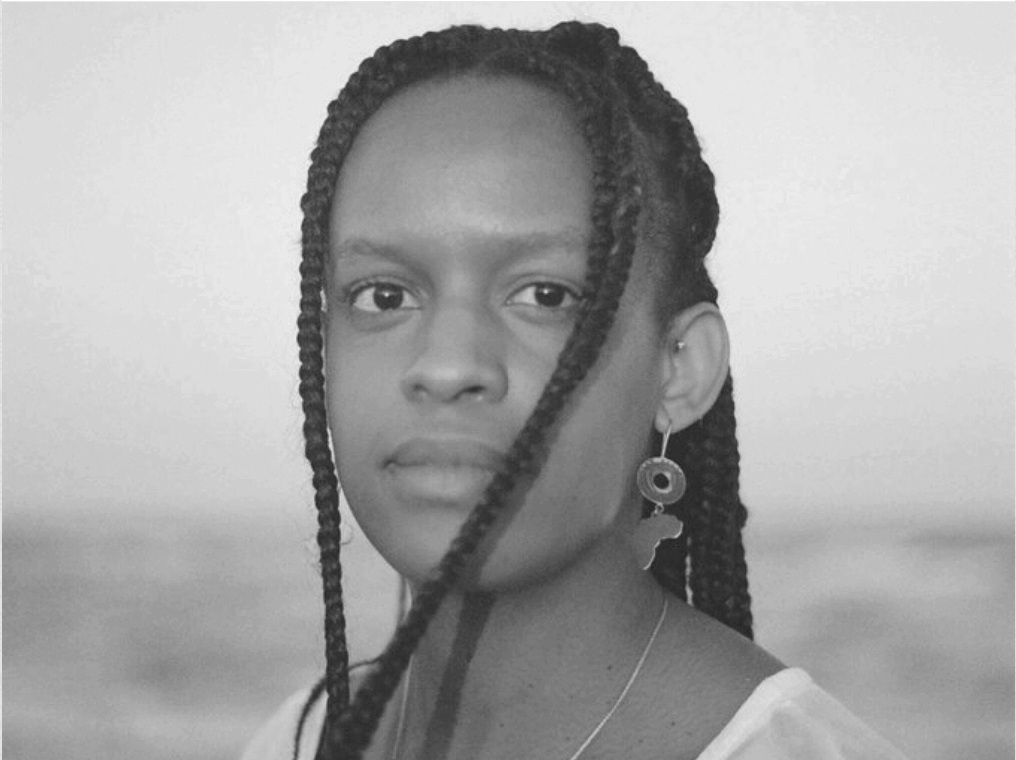
Oneohtrix Point Never – Again
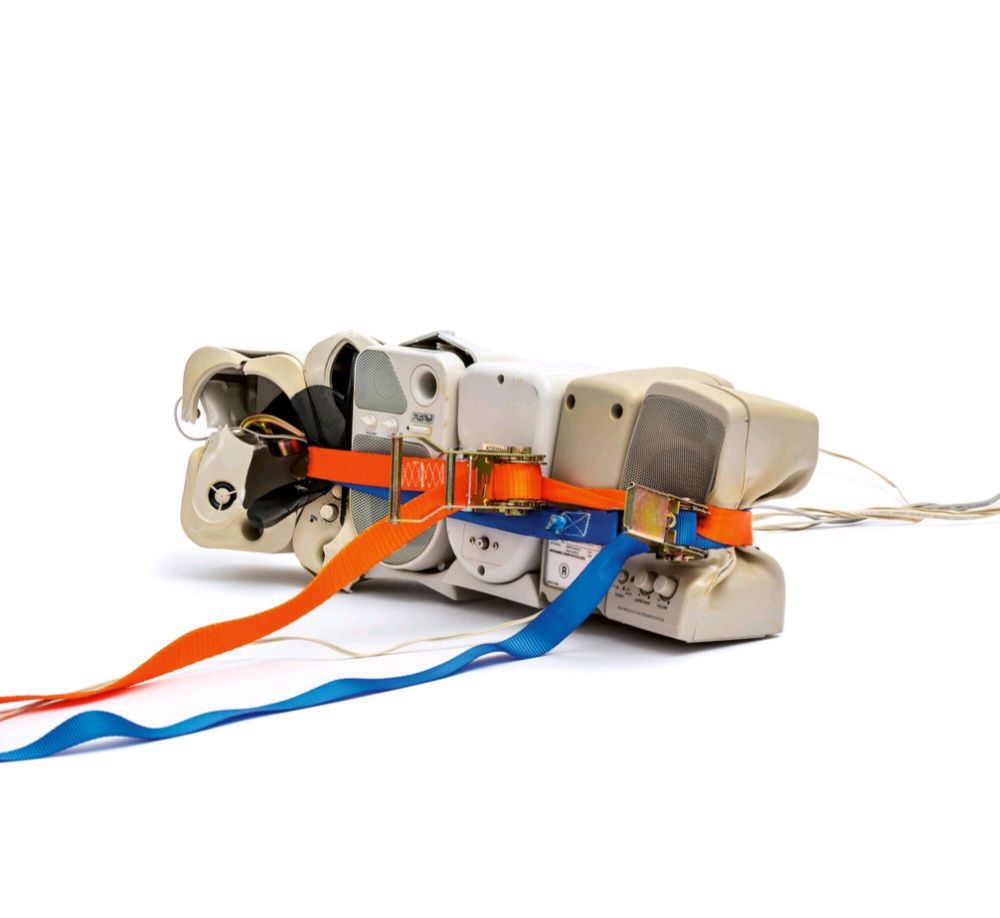
An album that’s as much a reinvention of Daniel Lopatin’s style as it is an interrogation of over a decade of musical acclaim and radical influence – and is primarily an exploration of Lopatin’s relation to music across different ages – from an outsider at 20 to an institution at 40. Lopatin pulls together new and old sounds to compose an album that’s a temporal rift, fresh but familiar, music that’s futuristic and future-proofed. Juxtaposing live instrumentation with incidental speaker feedback, where a track like Nightmare Paint depicts guitar virtuosity getting sucked into a distorted thresher.
Again feels like the last, melancholic white flag wave of the millennial. Lopatin alludes to this briefly in an interview with Ninaprotocol. The sounds of codified, reified indie, the sublimation of white millennial hope into generational malaise, the image of an ipod in the hand of a venture capitalist. With so much unaware, completely irrelevant music and art drunk on noughties memory-porn shit, Again captures lost futures in a meaningful way.

Hot Mulligan – Why Would I Watch
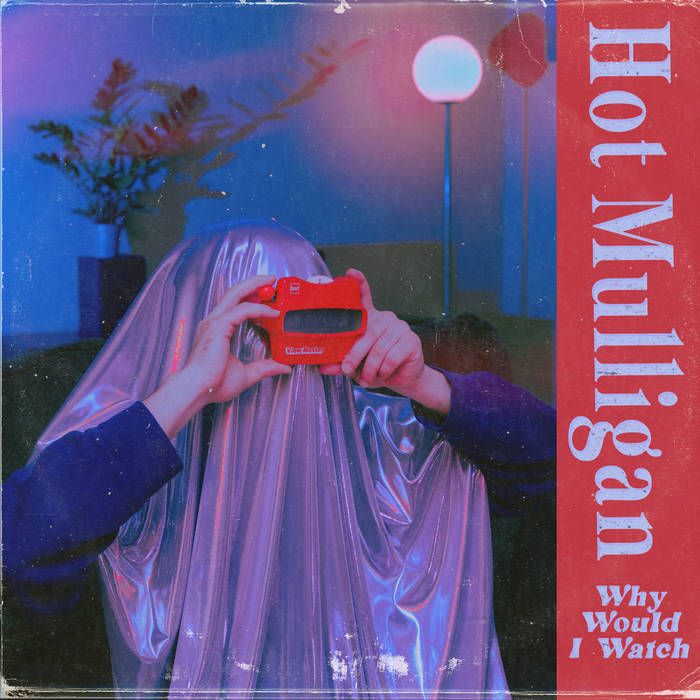
Continuing to break through ironic pop punk sheen with anxious music filled with twenty-something longing and regret. Sweet but not sickly, just consummate hook deliverers. Growing older, looking back, feeling supplanted by younger and younger people – all while you yourself aren’t even that old yet. That kind of shit defined my year, and Hot Mulligan soundtrack a lot of those experiences.

Kelela – Raven
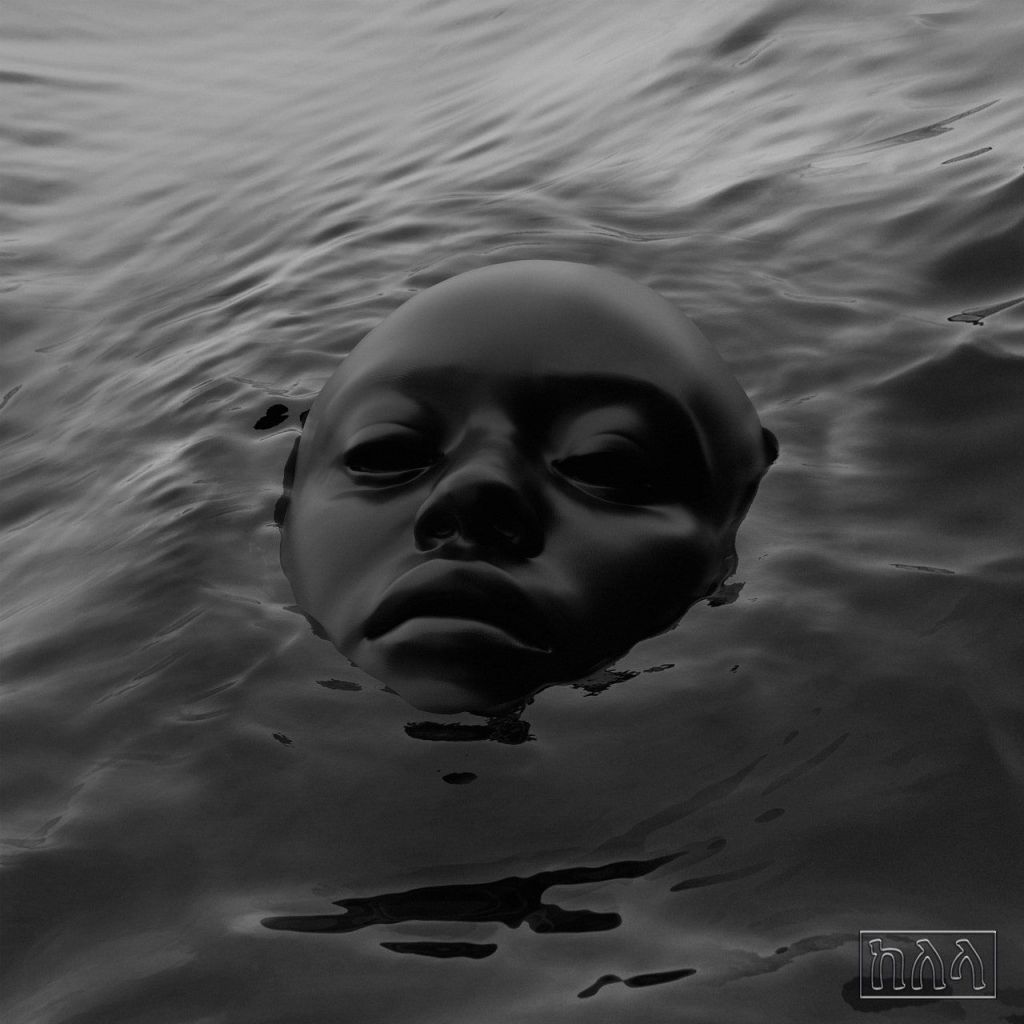
An early release that grew on me listen by listen, Raven is an album possessed by understated, effortless cool. Tracks like lead single Contact drip of the aquatic-tinged sensuality teased by the cover that’s present throughout the record. A record that feels muted but not colourless, reserved but not lethargic; no album this year deserves to be played through a good soundsystem as much as Raven.
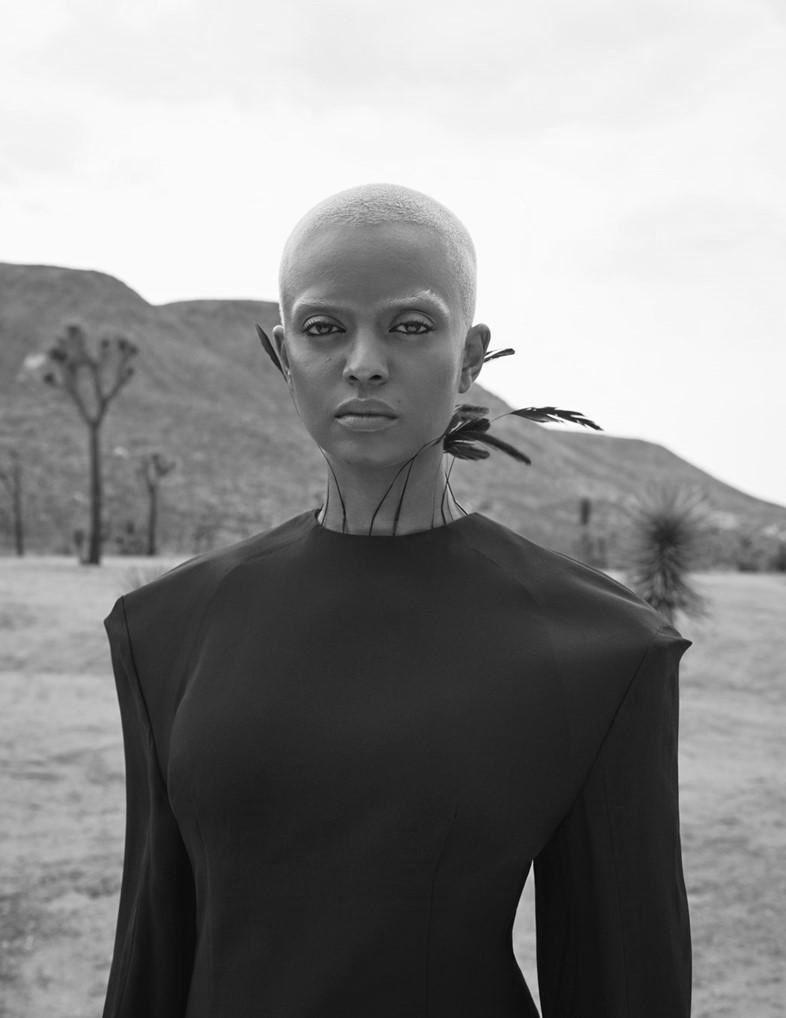
Amaarae – Fountain Baby

Even at its gentlest, Fountain Baby is a subtly intense record – an album like walking on thin ground covering something molten beneath. How the brashness of Sex, Violence, Suicide erupts is emblematic of the whole record – an album delivered in these measured, stacatto bursts of energy. Her vocal delivery emphasises this in every track – off-kilter and warbling, it feels unstable but assured at the same time.
Lacking explicit single appeal in the way The Angel You Don’t Know didn’t, Fountain Baby feels much more complete, more holistic in it’s execution. It’s a fucking tacky thing to describe an album as a “maturation” or w/e, but Fountain Baby feels like a definitive chapter in Amaarae’s discography.

James Blake – Playing Robots Into Heaven
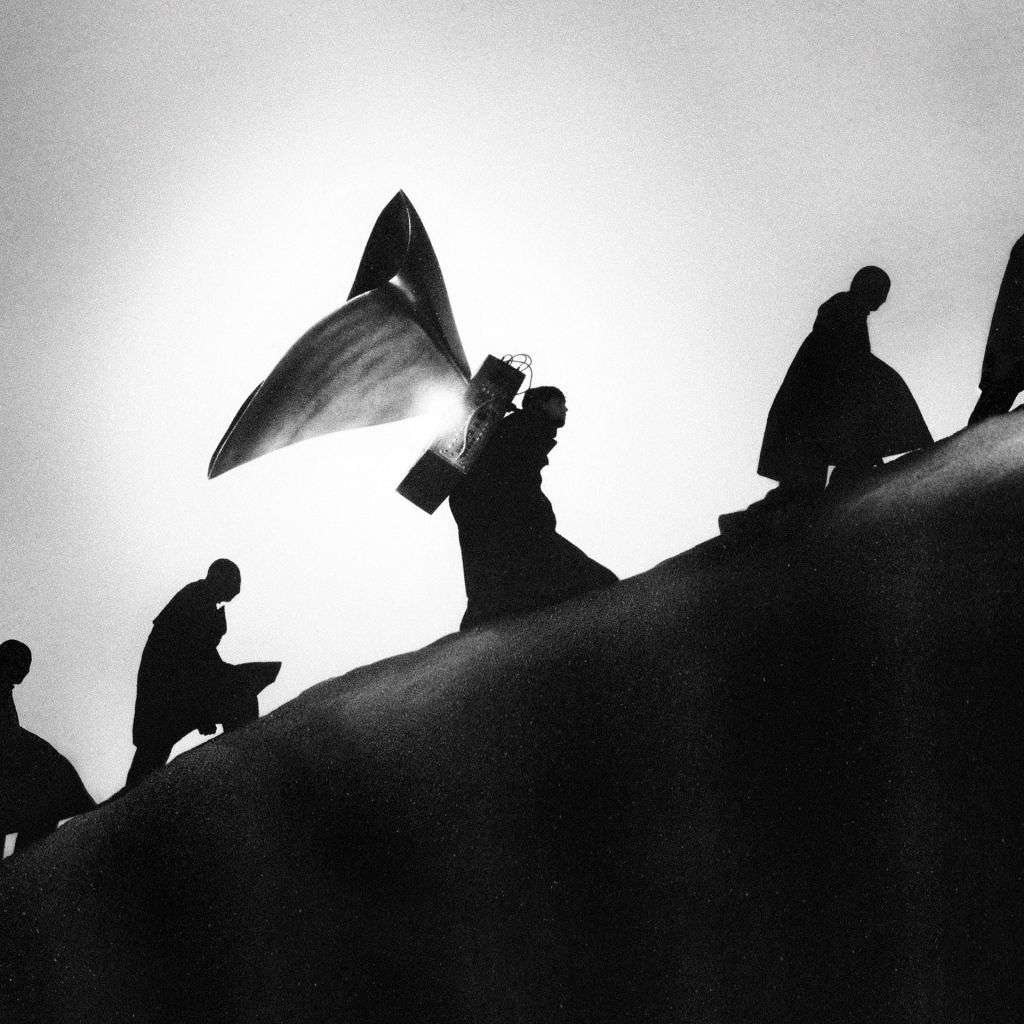
The record James Blake was meant to make. A pure distillation and refinement of the disparate elements that have defined him across the span of over a decade. The DNA of Garage, Alternative R&B, Dubstep and Trap bubble under the surface – molten music that bridges the liturgical and the humanistic.
Loading is among the tracks of the year – a track that’s the fully formed chrysalis of The Wilhelm Scream or Fall Creek Boys Choir, where fifteen years of development brings us back to distorted, fuzzing, synth organs played alongside elegiac falsettos. Impressionistic lyrics that draw a parallel between failed love and failed transcendence. It’s full-circle Blake, it’s Blake lapping his own abilities.

HiTech – DÉTWAT

Juke that’s fucking dynamite, more immediate than any album this year – the first ten seconds of Nu Munni had me convinced. Nocturnal grunts and hot-heavy breaths intermixed with raw 808-worship, in what’s easily the catchiest record of 2023. Has this intense human ugliness to it, an album that mean-mugs and knows it. Recommendations don’t come more hotter from me, it’s fucking molten.
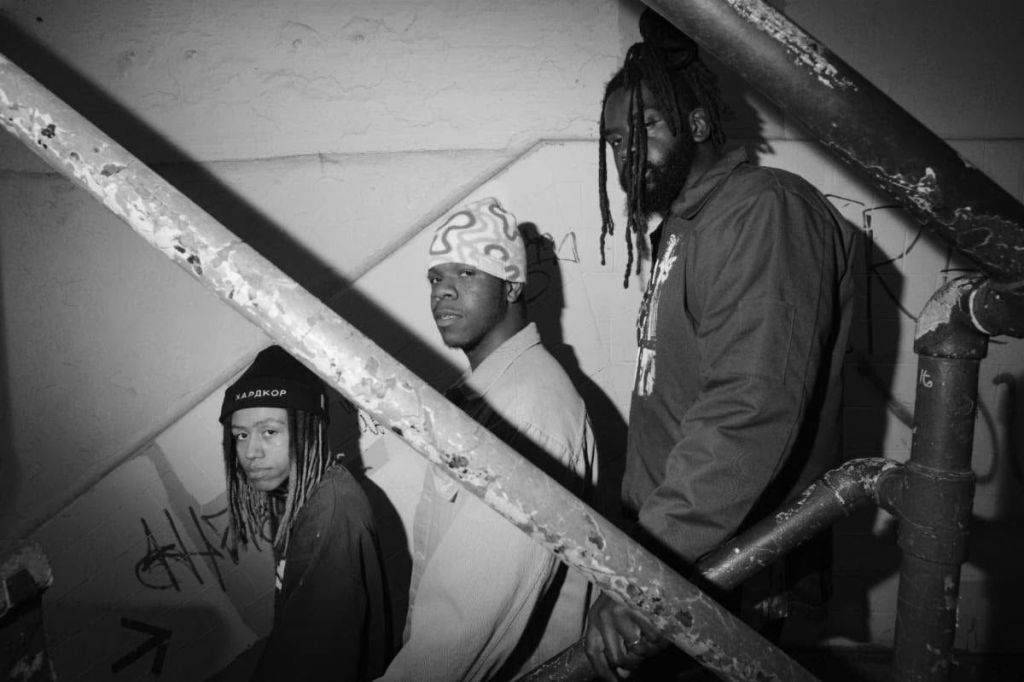
Lorraine James – Gentle Confrontation

An album reflecting on childhood and its ramifications, it’s full of the vulnerability and self-righteousness of youth, stand-offish fuck-offs and dumb, inarticulate night-crying, driven in equal part by emotive choral soundscapes and energetic, wild EDM. Outwardly unassuming, it’s reach exceeds its grasp – Gentle Confrontation is genuinely, heart-stoppingly beautiful. It’s difficult for me to articulate just how affecting it is without spewing tedious, emotional e-journal bilge, but somewhere in between the title tracks’ instrumental – easily the finest of the year – and the morose vocals of Contour on the closing track, there’s something truly fucking powerful at play, an undefinable, undeniable quality. You can’t top this.
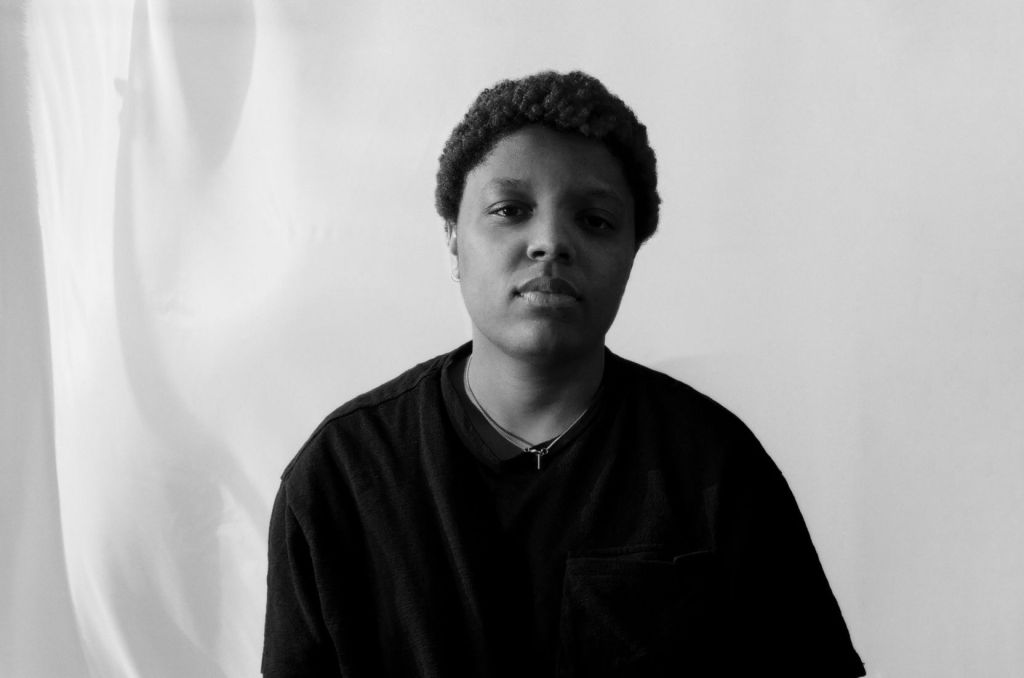
Marta / Tricky – When It’s Going Wrong
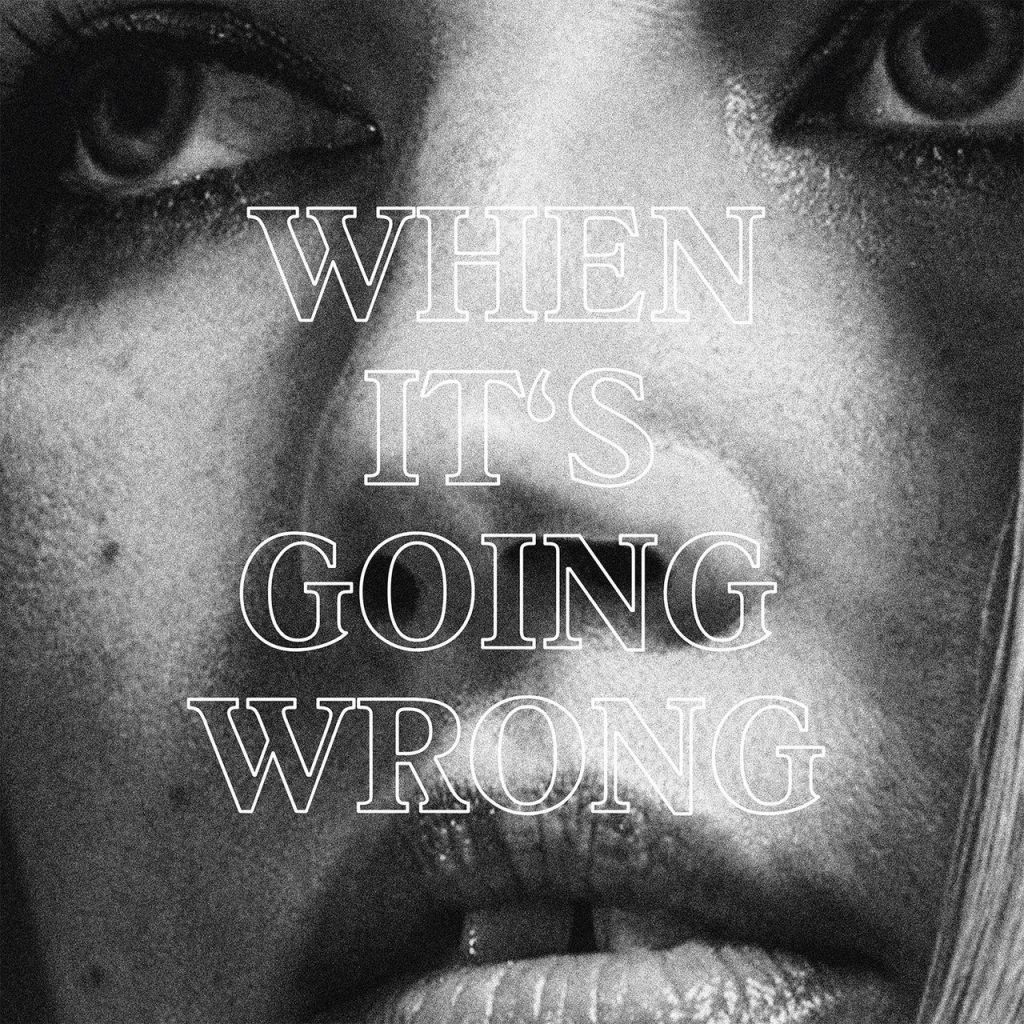
Puzzling album. A seemingly leftfield collaboration – in actuality longtime collaborators since 2017 – filled with completely permeable composition, tracks that seem to suck any inessential elements into a vacuum. Even seemingly forceful characteristics like the chugging power chord backing of Moving Through Water is ultimately just a pendulous, powerless fucking thing – backing tracks that are barely more forceful than a metronome.
It’s an album that should feel disposable but is among the records I’ve returned to most this year. A record that balances tension on a knife edge, minimal not just in execution but in its fundamental building blocks. Dance music distorted beyond recognition.

Nondi_ – Flood City Trax
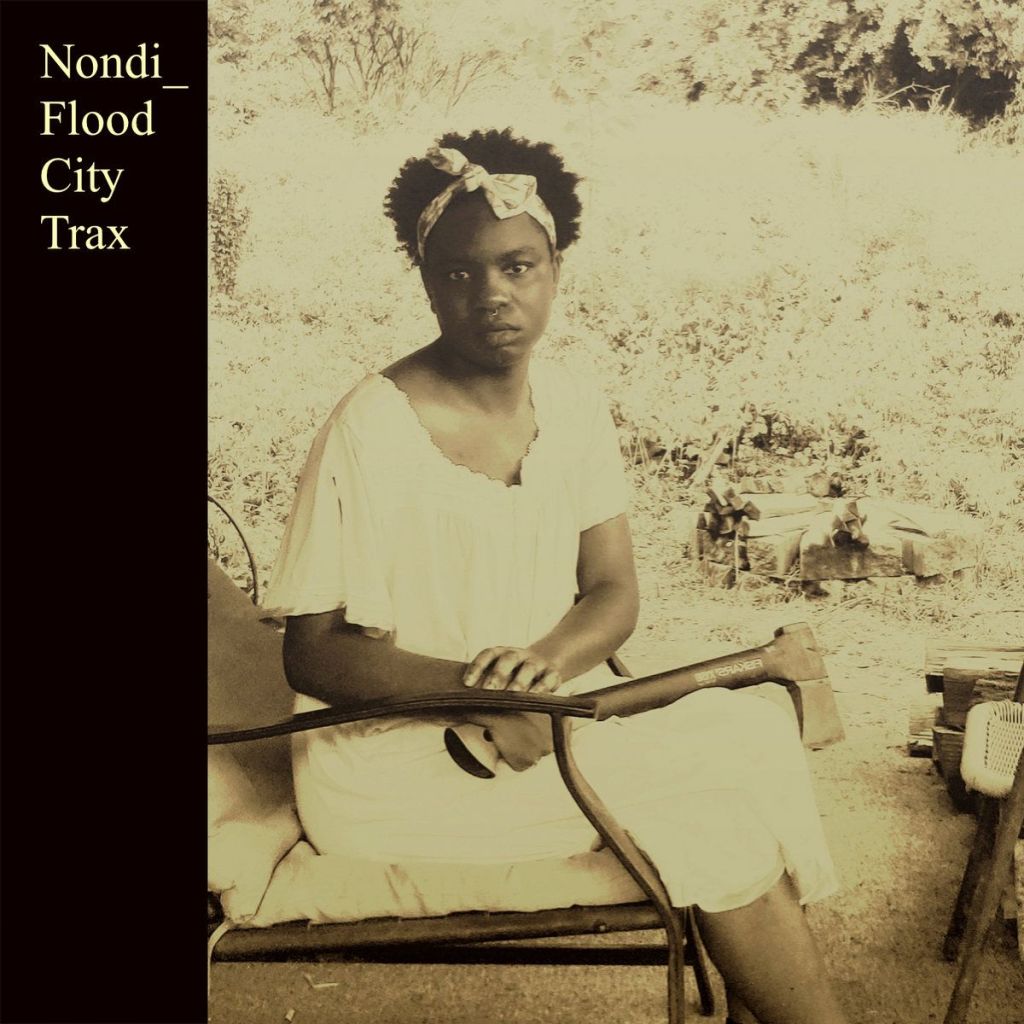
Angelic Juke and Footwork that juxtaposes mundane and divine imagery in between electric fucking syncopation. Choral elements are interspersed with raw, four-to-the-floor banger cuts. Tracks like Nondi Shadow present beautiful synth melodies overtaken by skittish, frenetic breakbeats – moments that make the whole record feel subsumed by this undeniable, ecstatic energy. Beautiful in a way not many records were this year.

Tsuzing – Green Hat
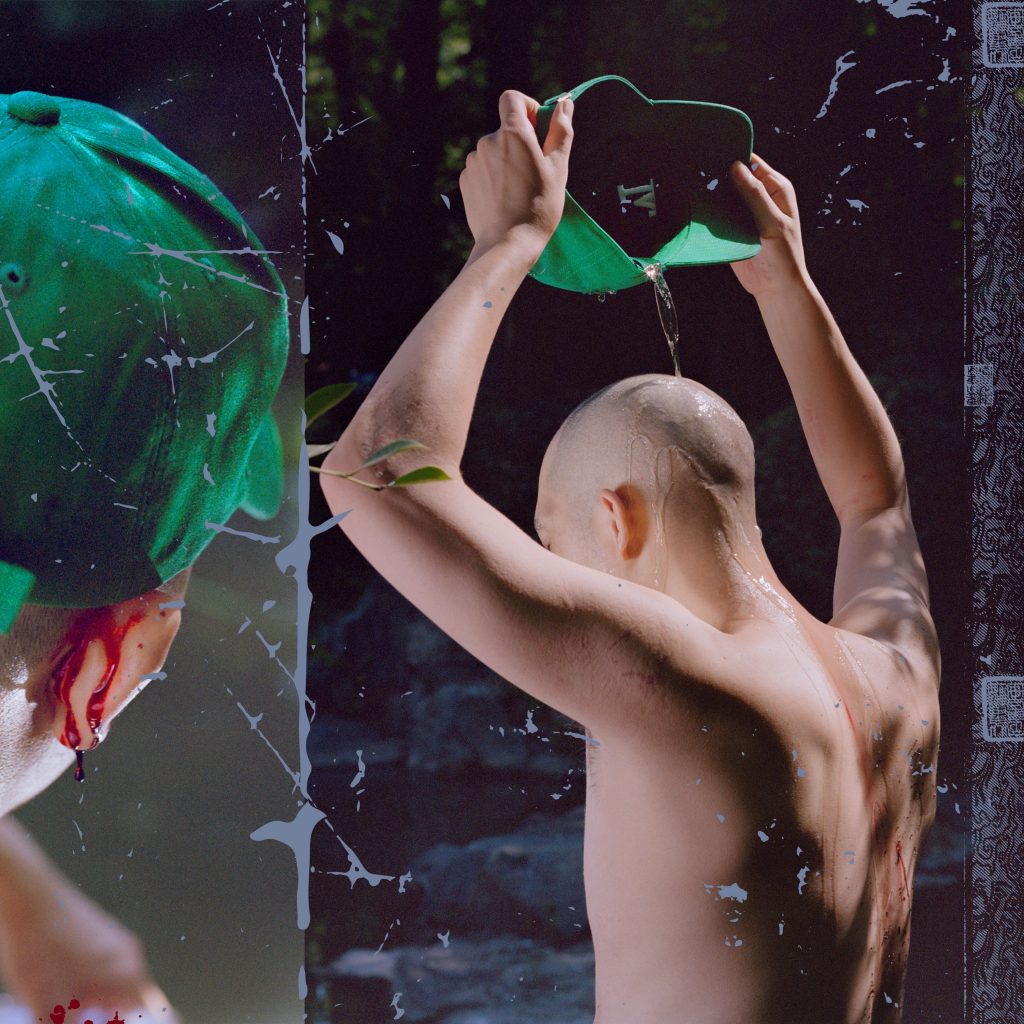
Tsuzing continues to explore frigid, minimal Electro-Industrial sounds, here primarily inspired by the titular Tang dynasty green hat story – which Tsuzing gives a description of in the album descrip here – and uses it as a springboard for a record informed by Chinese patriarchal history and attitudes. Freezing, densely textured EBM with Tsuzings undeniable ear for sampling and melody.
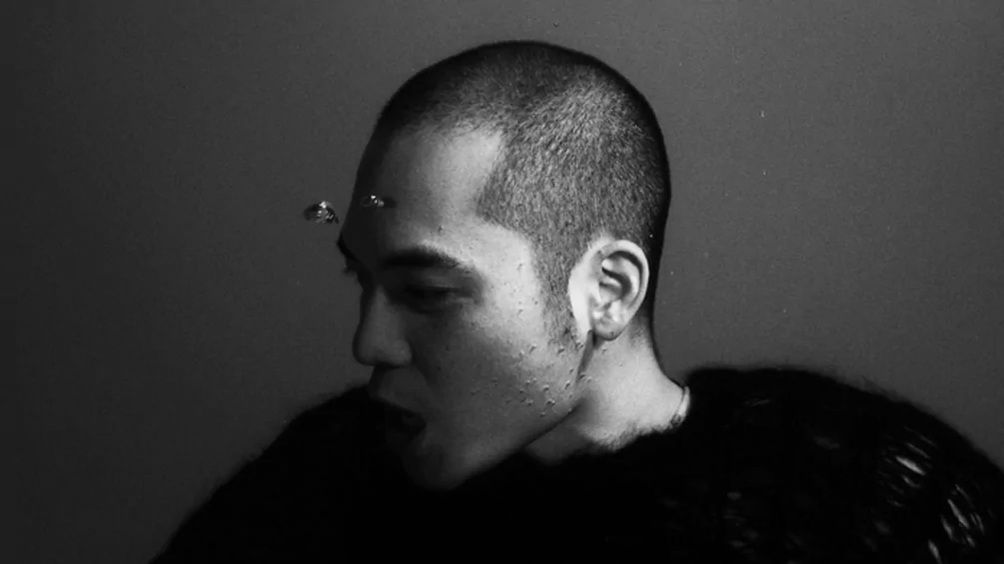
Sparkle Division – FOXY
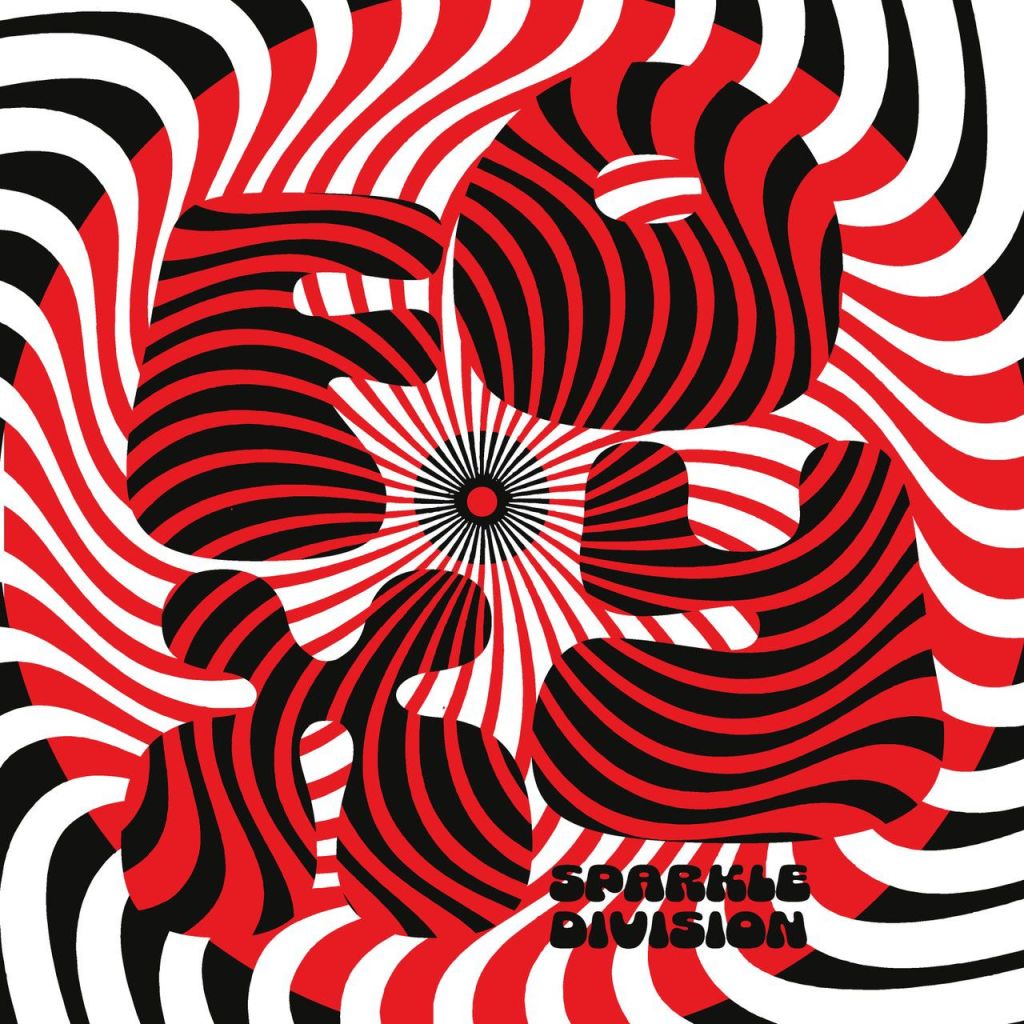
A thematic, if not musical, continuation of William Basinski’s best material. Dissociative, breakbeat-driven electro-Jazz that at once depicts a night of spiked-psychosis and revelry while also continuing Basinski’s exploration of self-annihitionism, melancholy and death – only here more exuberant, sardonic and camp. Long live Basinski.
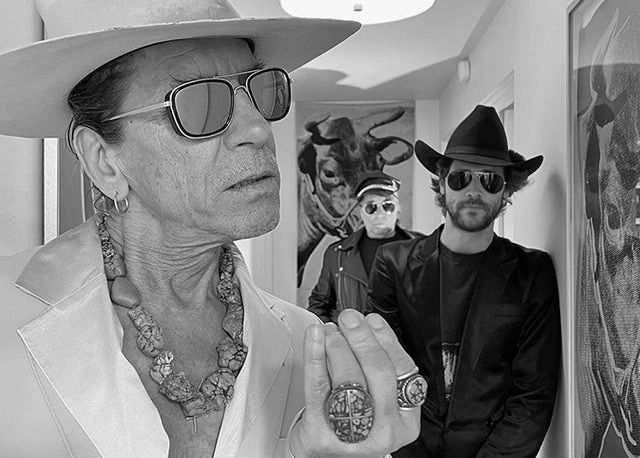
Fatima Al Qadari – Gumar
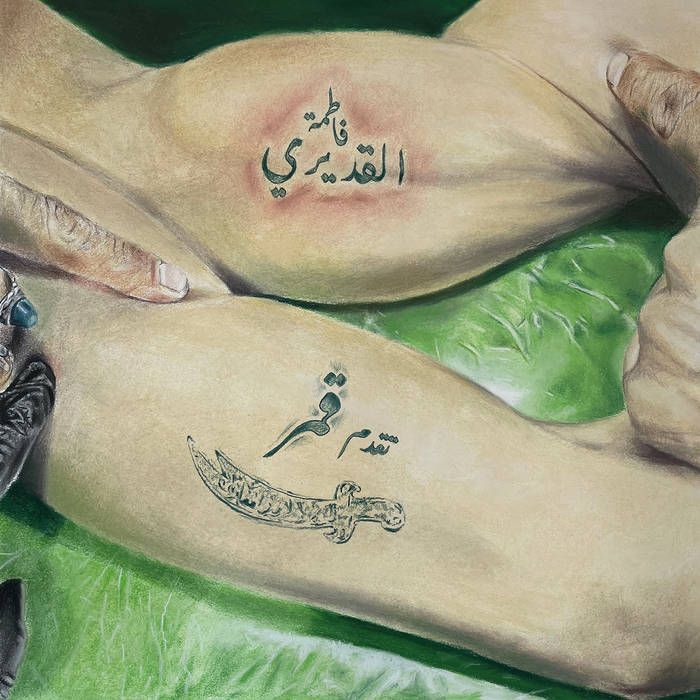
Though trace elements of the UK Bass lineage that saw Fatima’s earlier material grow in prominence still remain, her output in the 2020s has been singular, and has reached its zenith here – a collaboration with fellow Kuwaiti vocalist and album namesake Gumar. The intersection of Kuwaiti Sawt and ambient synthscapes are here combined with, in Fatima’s words, “a homage to the influence of the lamentation singing that both Fatima and Gumar grew up with and, as a teenager, Gumar was formally trained in.” Mojik is the keystone track for me, a piece that most informs the rest of the albums’ intent and atmosphere on repeat listens. “The record ruminates on the subject of unrequited love, arguably the most common theme in Arabic music past and present.”

Undergang – De syv stadier af fordærv
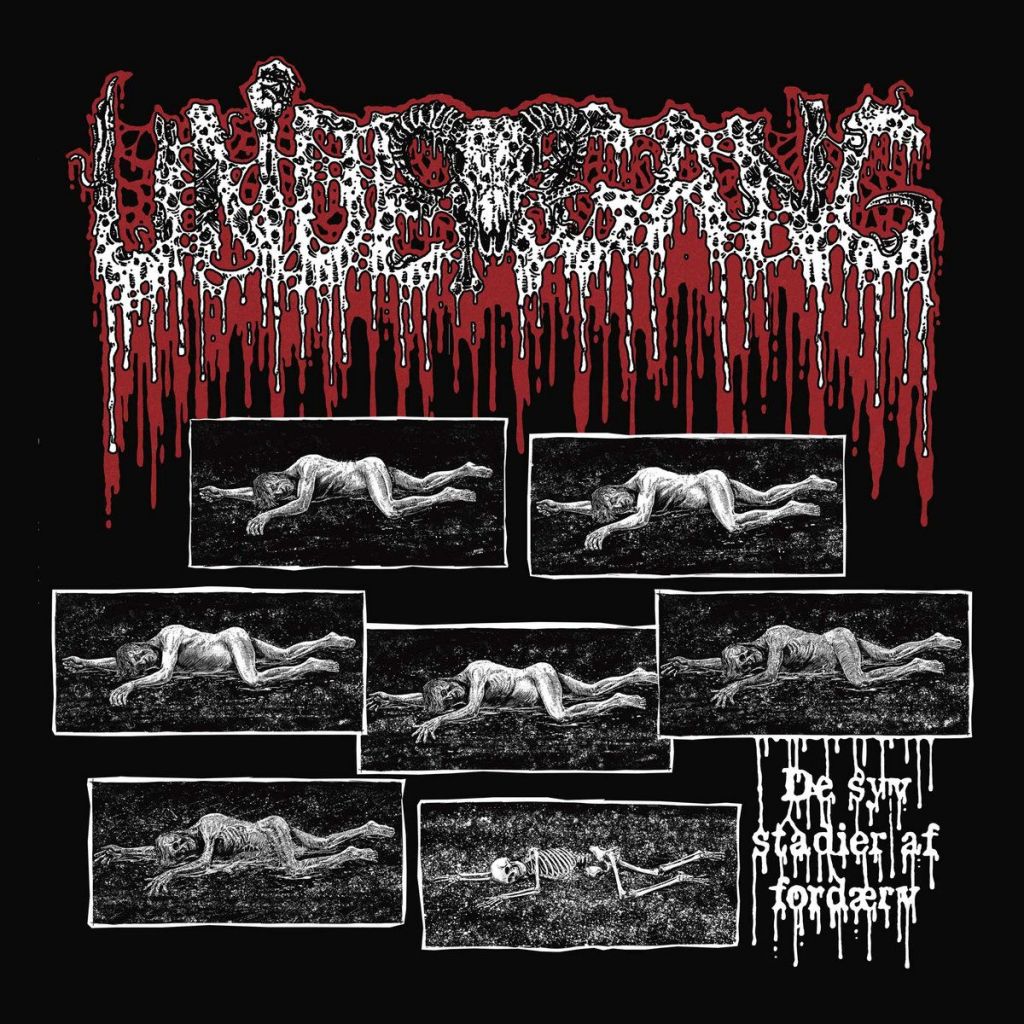
Cleaner – relatively – than the material found on their split with Spectral Void earlier this year, Undergang continue to embrace a musical dynamism that a lot of their contemporaries refuse to catch up with. Third track Livløs i en pøl af egne udskillelser is death metal track of the year. Knuckle-dragging shit.
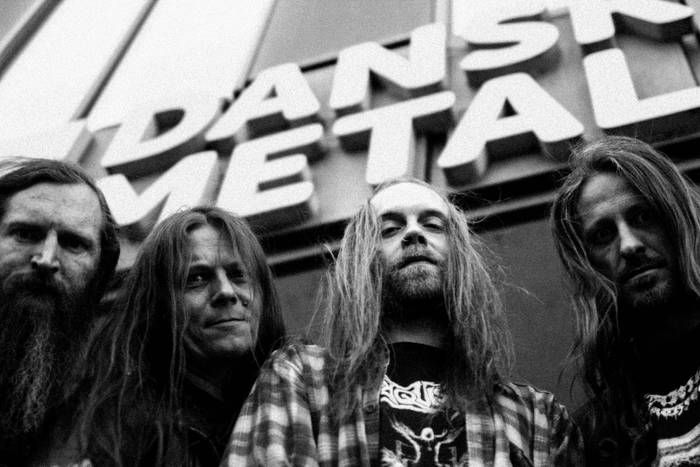
Sulfuric Cautery – Suffocating Feats Of Dehumanization
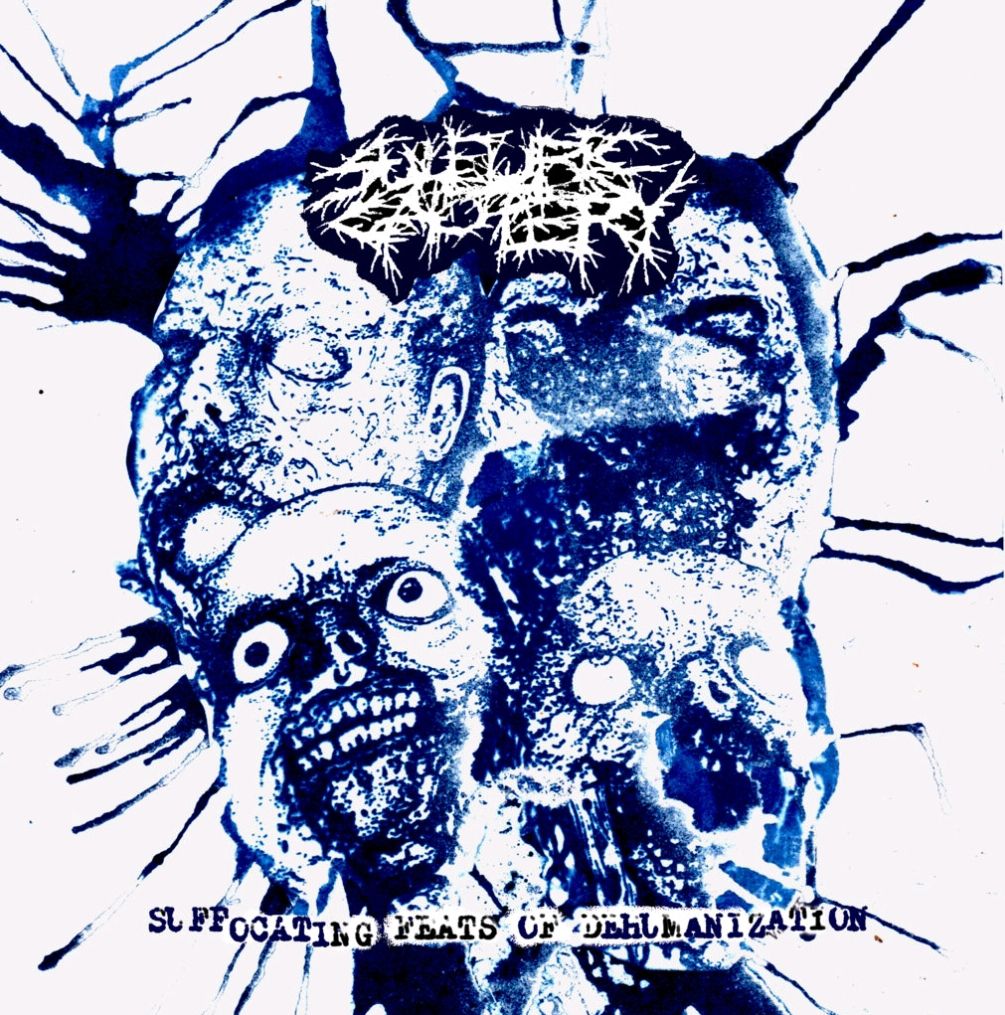
Boundary pushing gorenoise, rhythmically interesting in a way so much Last Days Of Humanity worship just isn’t. Stop-start breakdowns add texture to just a fucking slurry pit of music – as dirty as you’ll find this year.
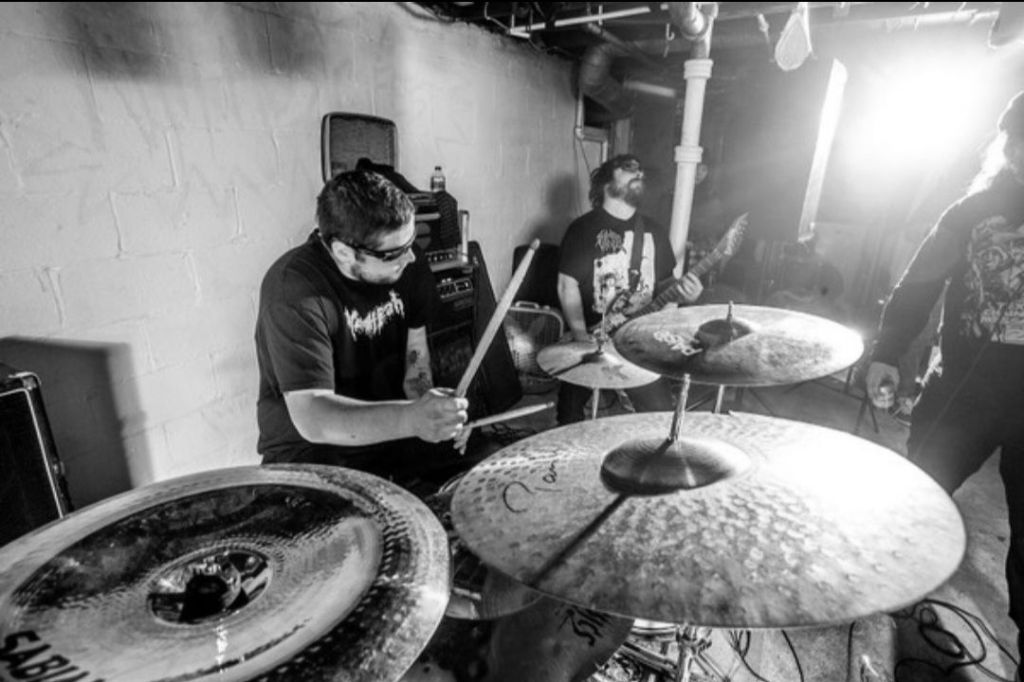
Croatian Amor – A Part Of You In Everything
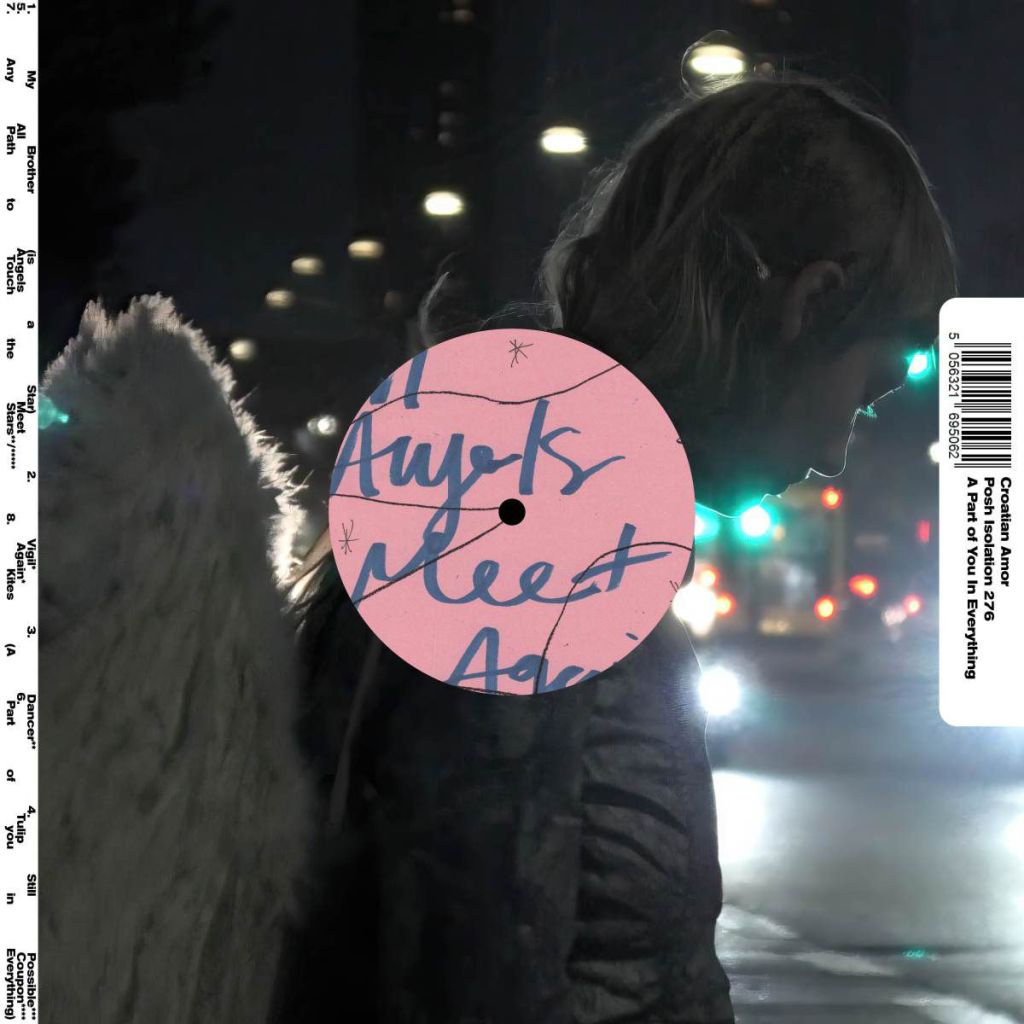
Late night walk music. Cutting through an estate to catch a late bus into town, hearing the samples of the record co-mingle with the nocturnal, with dog barks and car alarms and electrical hums and scattering loose stones kicked in time to its beat. That P.I. beat that still hits like it did when I was 16.
Croatian Amor’s most intimate album, a companion piece to Remember Rainbow Bridge. Continuing to operate at the intersection of garage, cloud rap, industrial and techno, with the most pronounced warmth of any of his material yet.
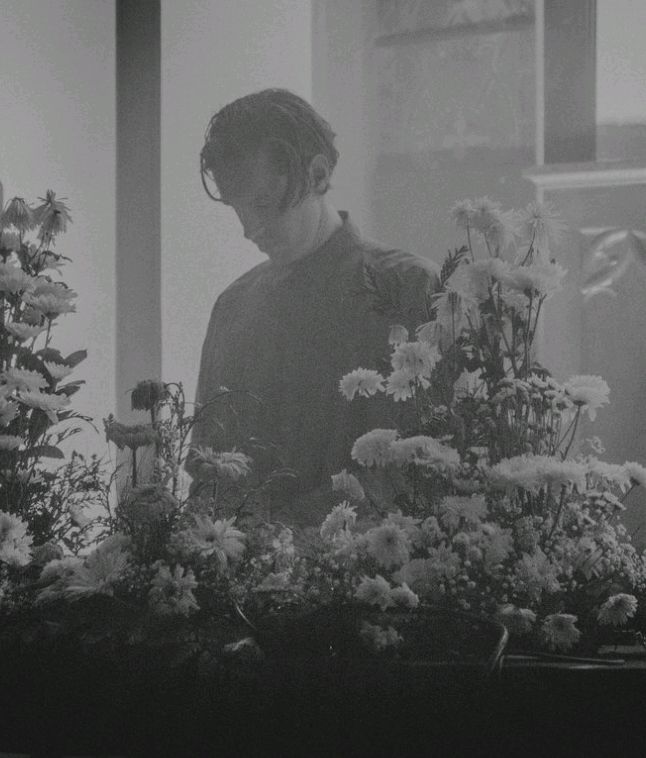
KMRU – Dissolution Grip
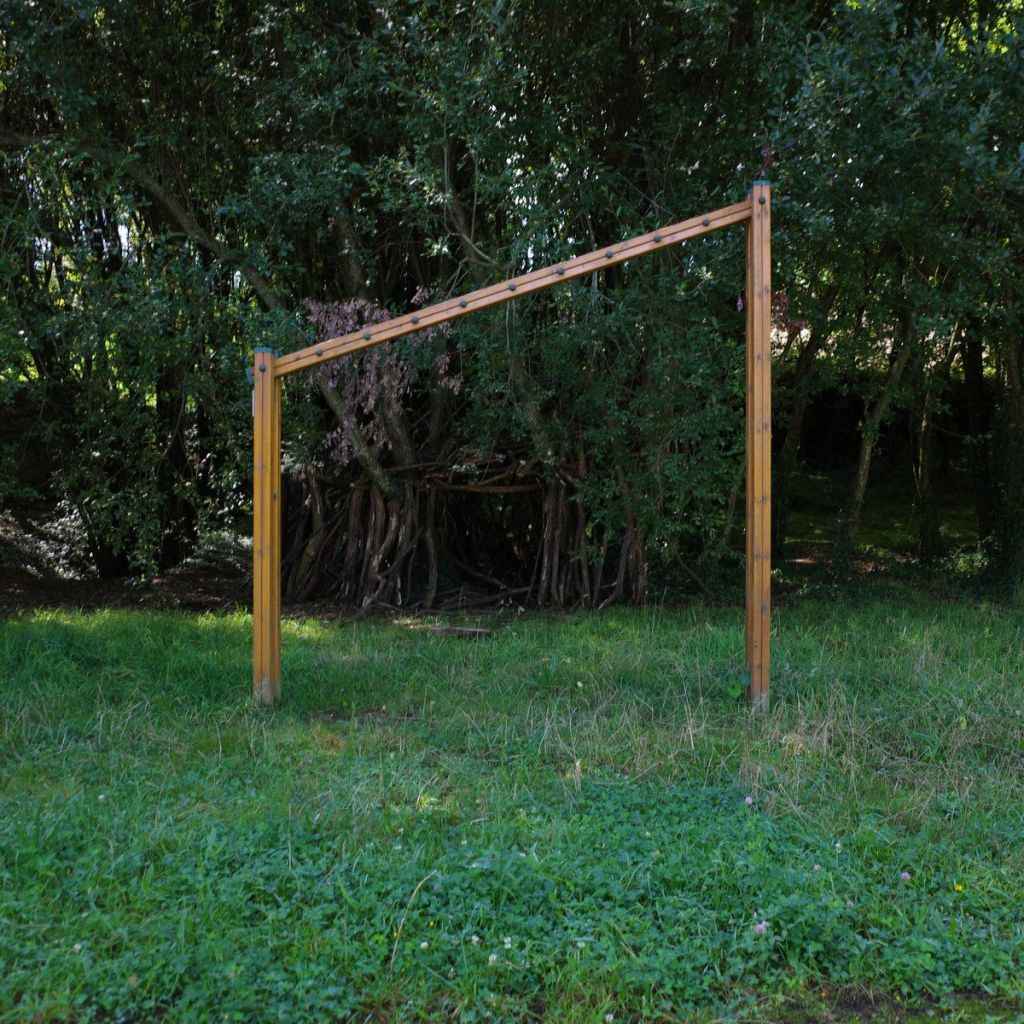
Soundscapes developed from the waveforms of field recordings during KMRU’s travelling and touring. So here the sounds of ripping wind and electrical currents are transposed with overwhelming, crackling synth drones. It’s KMRU, it’s obviously an unparalleled experiment in musical sensoria, pleasurable just in its lushness and atmosphere alone.
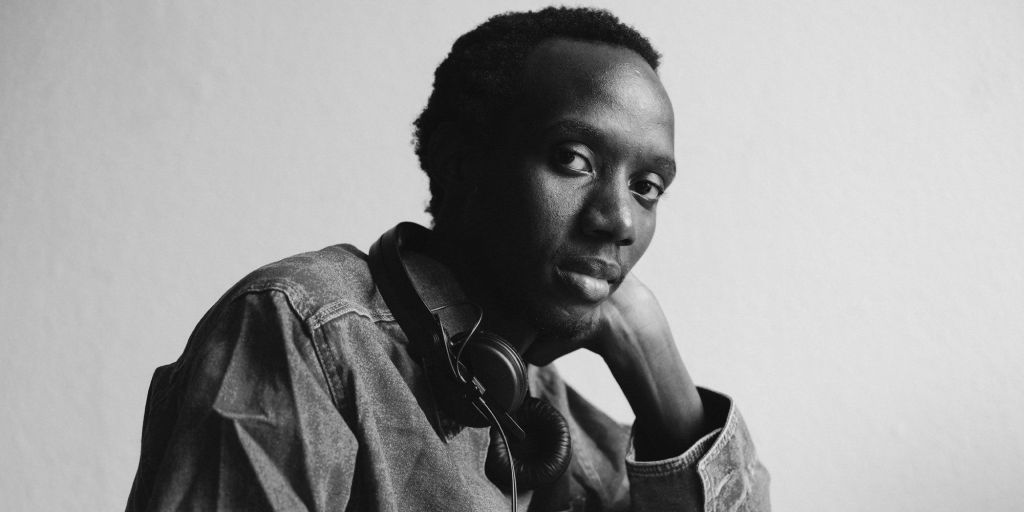
Distraxi – S/T
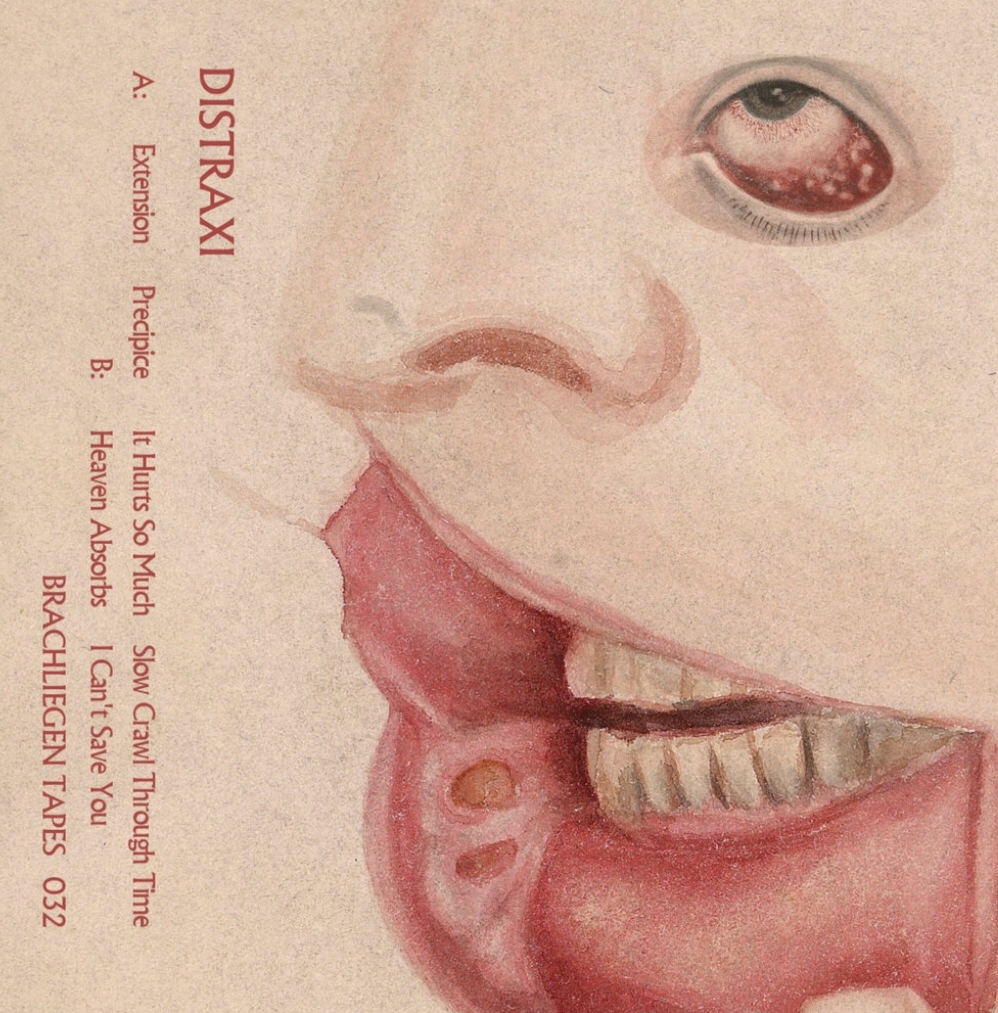
Might be presumptuous to infer special meaning to this release above the rest of Distraxi’s catalog due to it being self-titled but this is Distraxi operating at a level beyond any of her previous material, bringing her notion of Pain Electronics to their current peak. The shrillness of Extension is underlined with these forceful, pseudo-rhythmic grunts. Precipe uses these warped, arpegiated synth-leads – which themselves call back to early material like Castratian Fantasy – as foundation for overwhelming feedback. Slow Crawl Through Time and Heaven Absorbs are tracks as informed by the doom-synth of Hospital Records as it is by the ice cold electronics of someone like Ben Frost.
It feels like a cohesive unification of her past Pain Electronics sounds without becoming a pastiche of herself. Both her best record and a portent of even greater material to come.

A.S.O. – S/T
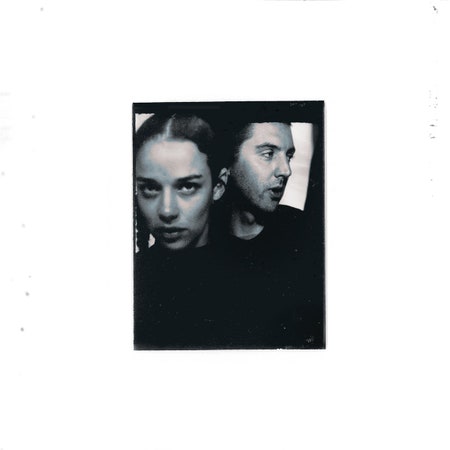
Begins as 90s Trip Hop pastiche, modernising itself further and further through the tracklist. Undercurrents of dub tease throughout the later tracks, nocturnal and hypnotising – slow tracks that make time fly, Lewie Day incorporating the Deep House pad-work of his Tornado Wallace material to bridge the gap between old-school Downtempo and modern R&B sounds.

Everything But The Girl – Fuse
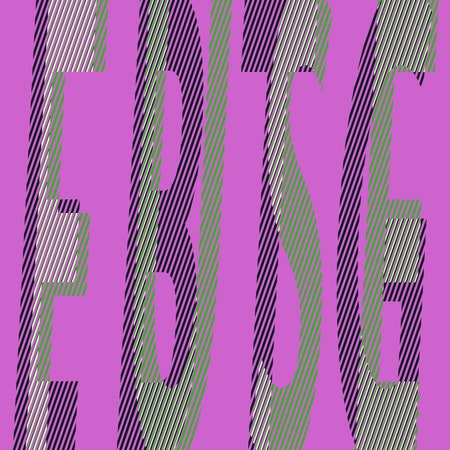
Fuse taunts by opening with Nothing Left To Lose – embracing the superficial exterior of the techno influence from their instrumentals in the late 90s, the lead single may have ultimately set up some disappoint from many. Ultimately an album straying from the neat musical trajectory established on their later material, a new record that has all the spirit of contemporary R&B and Neo-Soul sounds, gentle in its writing but explosive in its delivery. Thoroughly modern and laser-focused without compromising the EBTG emotional core. When so many comeback records re-spew old bird-feed to a polite applause, it’s cold-water refreshment to hear a project that’s unapologetically developed in it’s absence.
Criticism towards the album and it’s production as anemic or underdeveloped all miss the forest, in my view. It’s ostensibly an album about life wearing you down – it’s the sound of an ibuprofen-numbed migraine, two decades into a collapsing century, all strung up in EBTG’s special, lovelorn way. “Kiss me while the music plays, kiss me while the world decays.” A world collapsing and trying to piece together love and music in spite of everything. No One Knows We’re Dancing and Lost hone in on that feeling of getting older, losing touch, losing people. “I just lost it, that front you’re putting on isn’t fooling anybody. I just lost it, call yourself a loser and they will too.”
Sad record, fun record, great record – with, incidentally, Tracy’s best vocal performance since the late 80s.
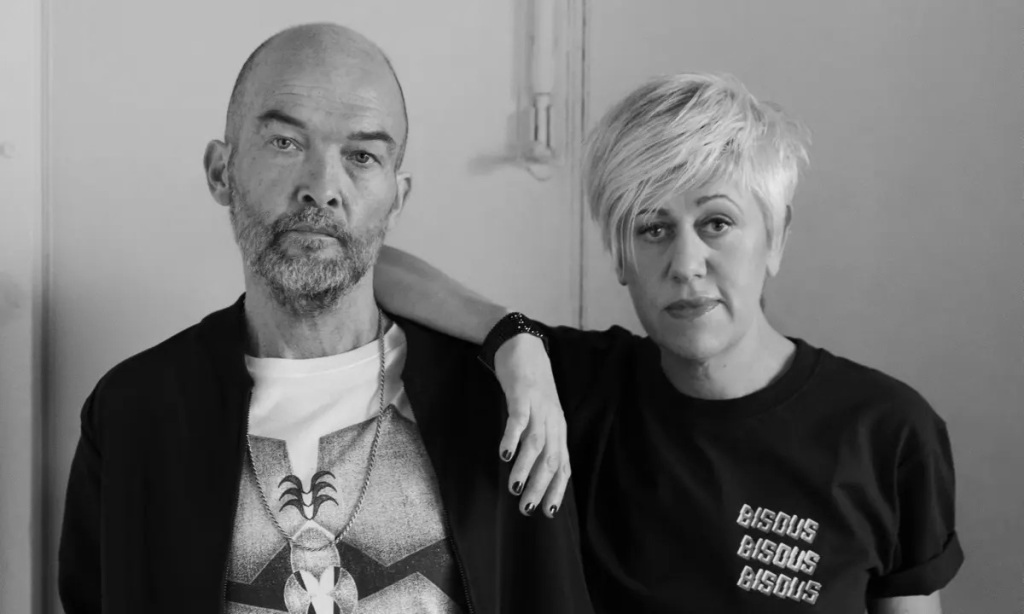
Anti-God Hand – Blight Year
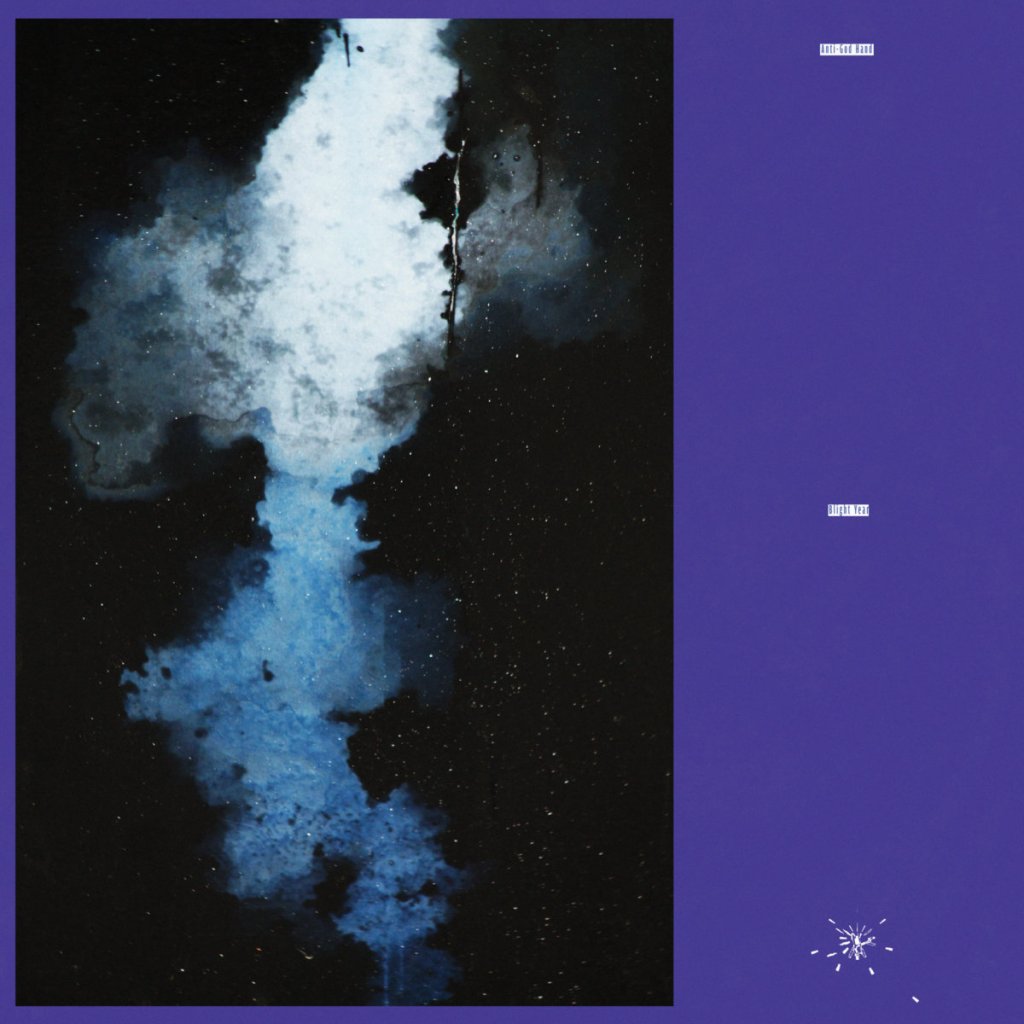
Blistering, the tightest songwriting on any Black Metal record this year. Unique in it’s combination of cosmic and human themes, inspired by a working summer in British Columbia that frontman Bannatyne describes here. An album contextually shaped by unrepentant, unstoppable industry and greed – ultimately cathartic in it’s blinding delivery.

Tha God Fahim / Oh No – Berserko
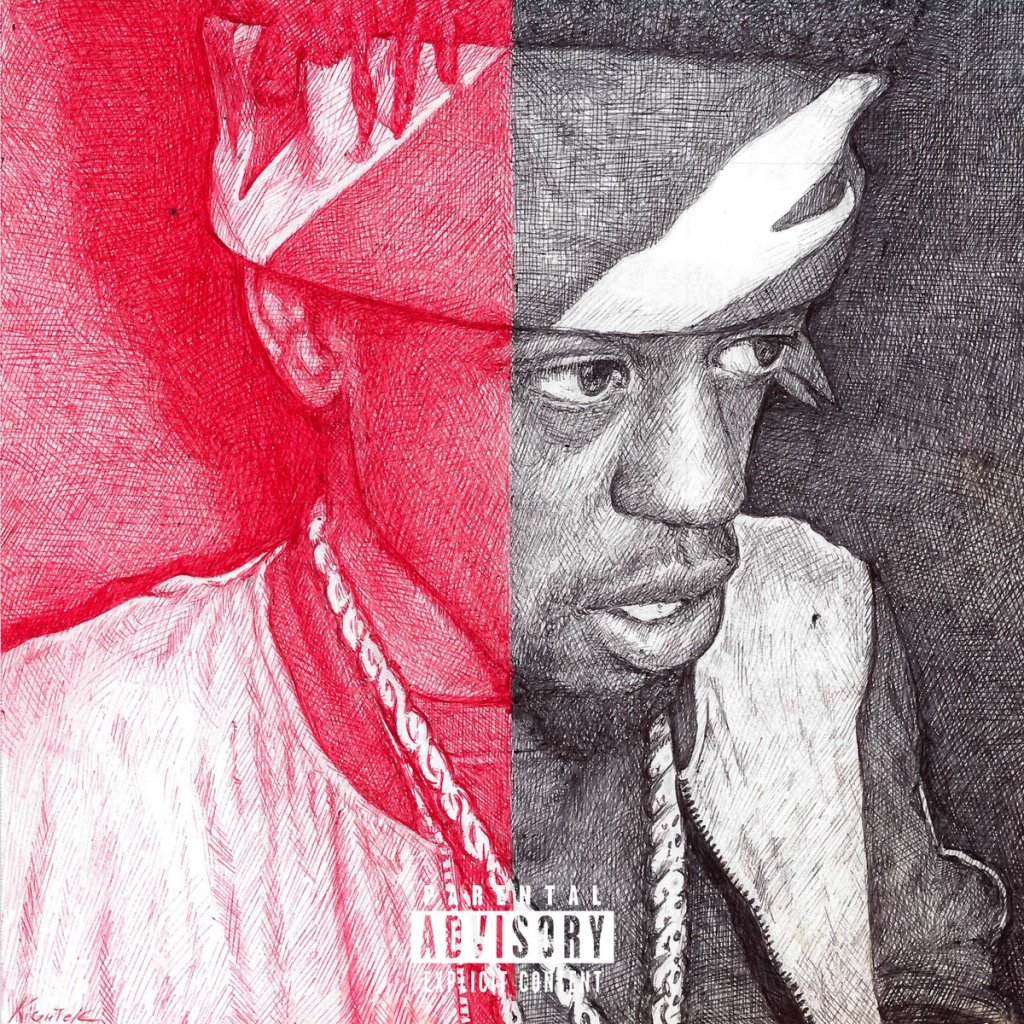
Temporally warped music from one of Hip Hop’s busiest acts, here joined by rapper and producer Oh No – uniquely haunting and ethereally sampled Boom Bap. Tracks like Cobbler feature these cut-up, crackly guitar and vocal samples, evoking this sense of loss and hindsight. An album where Tha God Fahim sounds like he’s narrating fading memories. An excellent feature from Your Old Droog, as well.

Jam City- Jam City Presents EFM
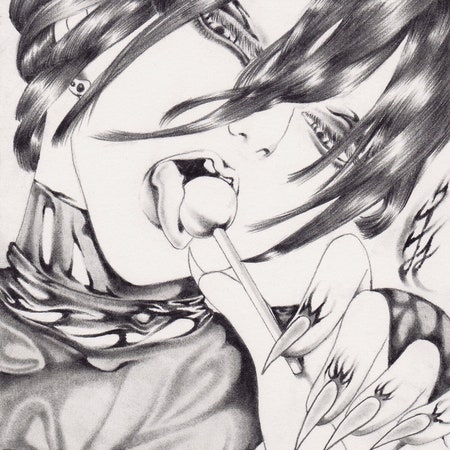
A decade removed from the pioneering sounds of Classical Curves, EFM is seemingly a more diluted dance record even when following the psychedelia-kitsch of 2020’s Pillowland. With familiar trappings, however, Jam City manages to cohesively weave the sounds of his work across a decade of production – elements of his work with Kelela, David Byrne, Bad Gyal, Joji and Injury Reserve are all present throughout EFM, an album that’s so disparate in its influences, varied in its execution and as fantastic a dance record that came out in 2023.

Fever Ray – Radical Romantics
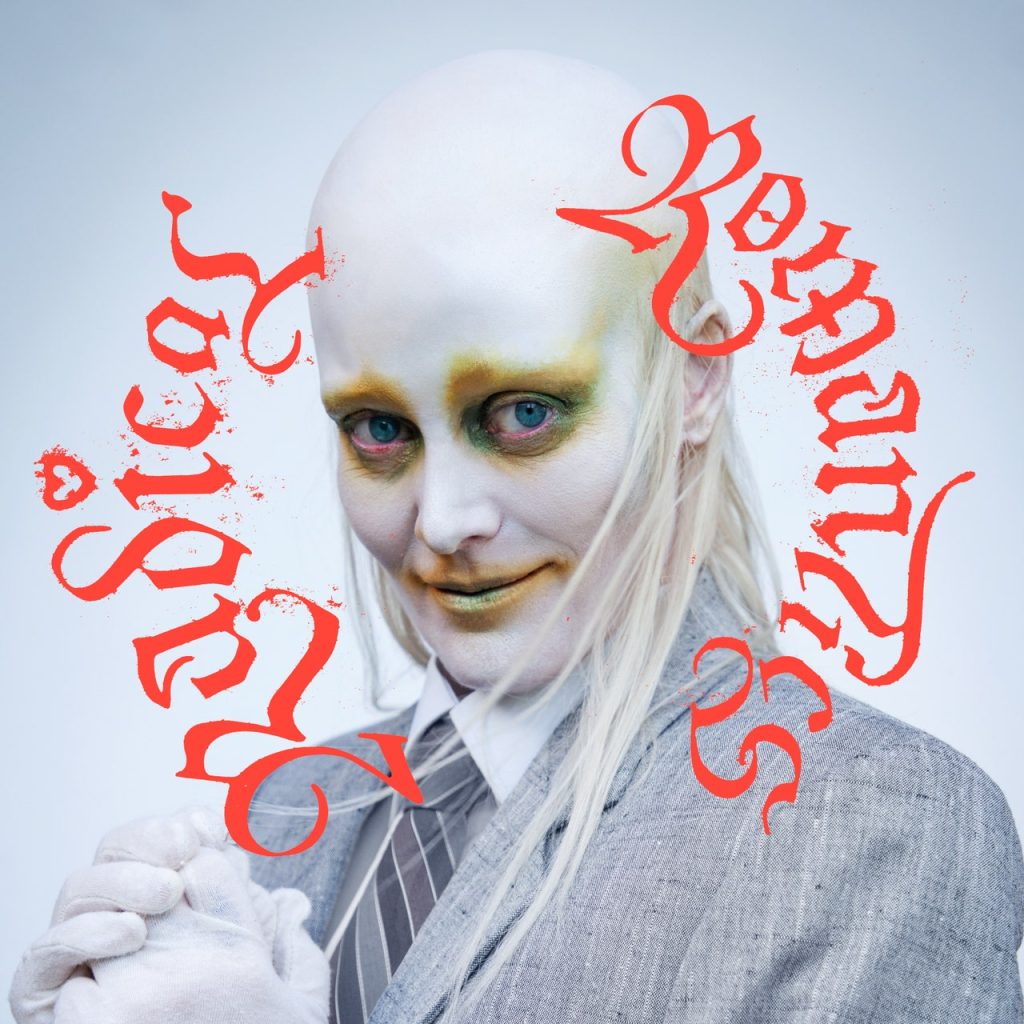
Following an album whose less tangible aesthetic appeal alienated a lot of fans of the self-titled Fever Ray record – an album defined by nordic folk-pastiche and nocturnal mood pieces – Fever Ray’s Radical Romantics is probably the most immediate, danceable material to come from Karin Dreijer since The Knife’s Deep Cuts. Karin’s ability to construct music that’s at once muscular and textured while retaining a loose spontaneity is at its strongest here.
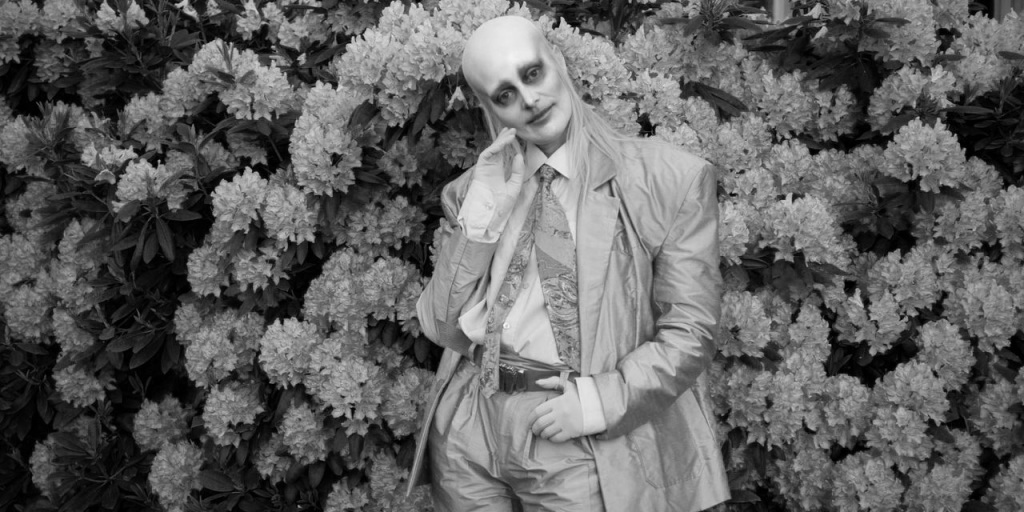
Kool Keith / Real Bad Man – Serpent
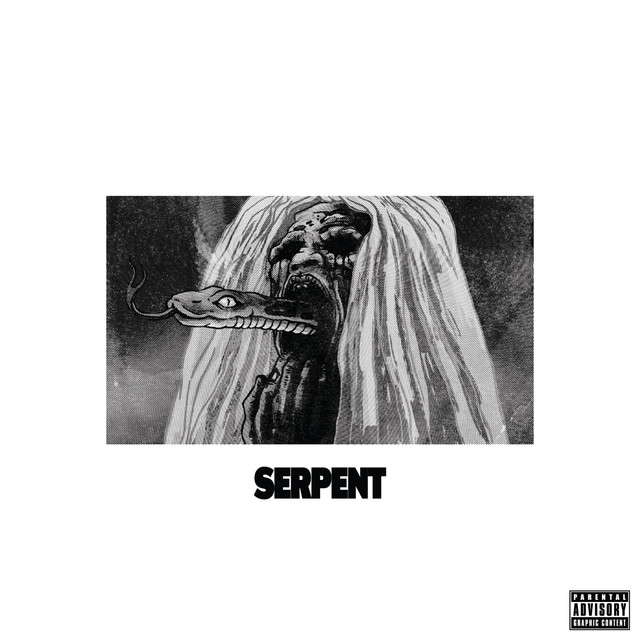
Typical Keith activity to release one of the best records of the year hidden among a half-dozen of your other releases, seemingly as a joke. Here aided by some stellar production – genuinely some of the best all year – from Real Bad Man that injects Serpent with the sinister undercurrent that’s present throughout Keith’s best material. Standout song Jungle Fever is one of the most haunting tracks of the year. Serpent still sees Keith in his singular tradition of cut-up, frenetic Brion Gysin Hip Hop but Serpent is a record with more presence and authority than he’s had in more than a decade.

Ken Carson – A Great Chaos

Rage that burns the ears on contact, delivery and bravado that’s disjointed, falling to pieces – Jennifer’s Body is delivered with a warbled phaser effect, making Carson sound slurred and distant atop the arpegiated, distorted synthline. A tracklist that’s deceptively broad, compositionally – the understated melancholy of Green Room and closer I Need U, cushioning an aggressive record with a pair of more pensive bookends.

Jeromes Dream – The Grey In Between
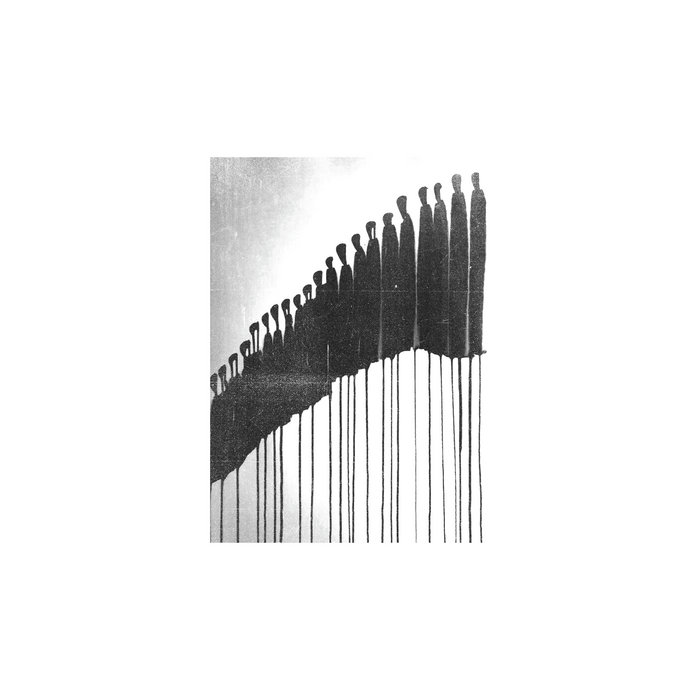
Despite enjoying their 2019 comeback record more than most, its understated, more morose delivery sounded less like a band centering on a less aggressive sound and instead one still finding its footing after a long absence. The Grey In Between sees the band re-injecting themselves with such vitality, such vigour – the stop-start, violent instrumentation of their past is here paired with the open-chord, wide-open sound of their return record. That over twenty-five years since their inception they manage to retain the emotive, frayed edges of their sound and arguably deliver the genres best record of the year is a testament to Jeromes Dream lasting excellence and dynamism.
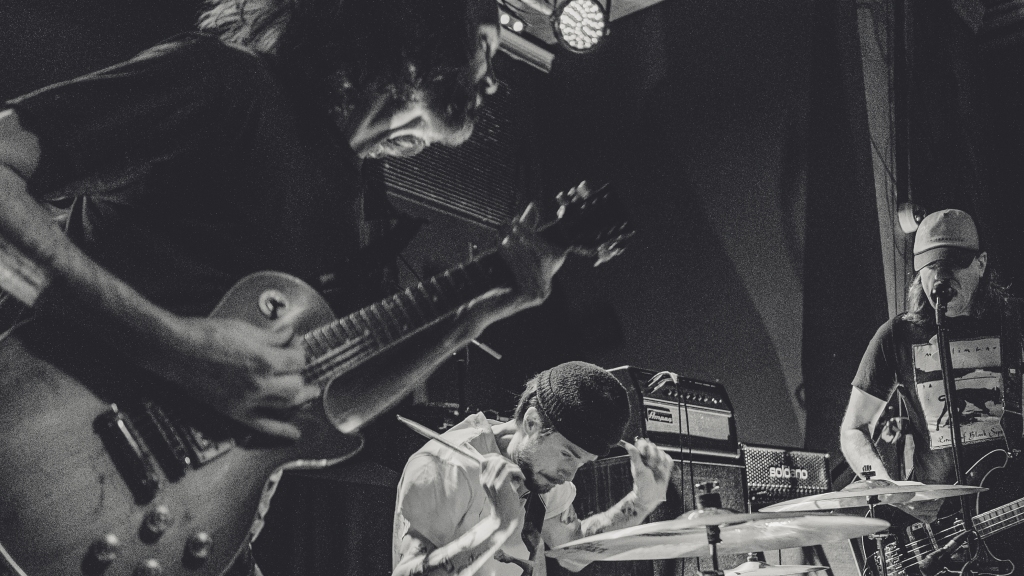
Maruja – Knocknarea

Understated folk sensibilities imbibed with the spirit of Bark Psychosis, June Of 44, early Mogwai. The definitive underground-crossover band off 2023, with Knocknarea being not just a larval form of something great to come but instead a fucking genuinely special album. No rock band has the promise of Maruja right now, a hybridisation of contemporary British sounds given gravitas, pomp and purpose without losing grit and honesty.
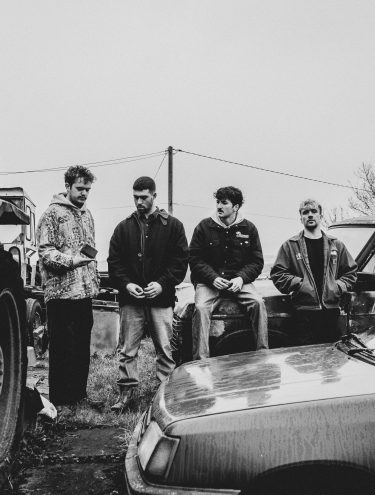
Memorrhage – S/T
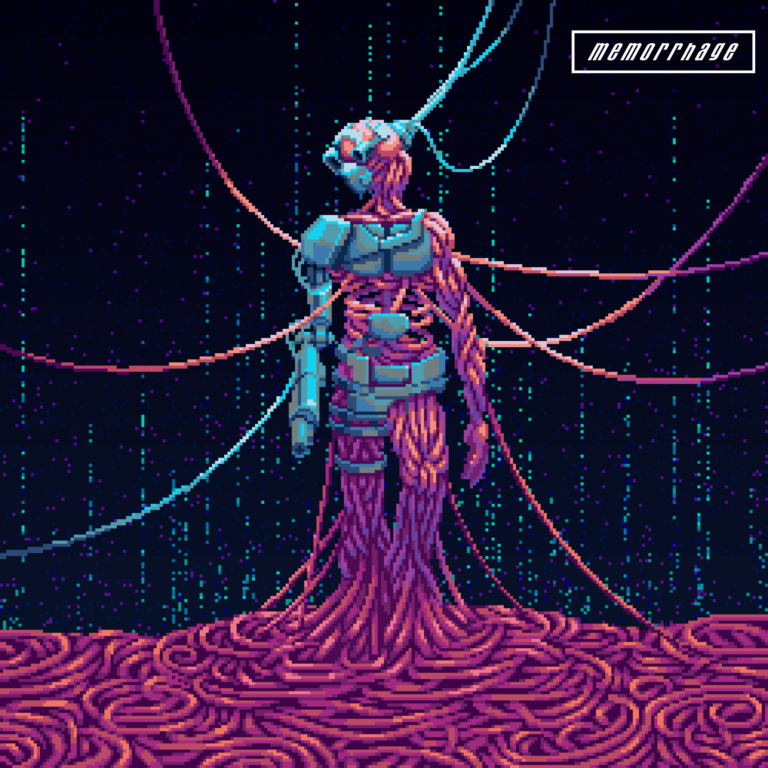
I’ve written extensively of Memorrhage – Garry Brents latest and most vital musicial project – this year, but in short; for a record as ostensibly inspired by such a specific sound, such a specific time, Memorrhage’s debut is not some awful fucking reverent, reified work – it’s a nexus point beyond Nu Metal, connecting the dots to Hyperpop, Drum And Bass, Death Metal and more.

Gnaw Their Tongues – The Cessation Of Suffering

The culmination of Maurice de Jong’s outward trajectory from filthy – but ultimately still indebted to genre trappings – black metal to material that brushes the outer edges of musical extremity. It’s an album that’s more loose in its composition, willing to explore wider swathes of electronica and musique concréte while continuing the Gnaw Their Tongues focus on sexual and liturgical theming – here expressly suicidal and eschatological.
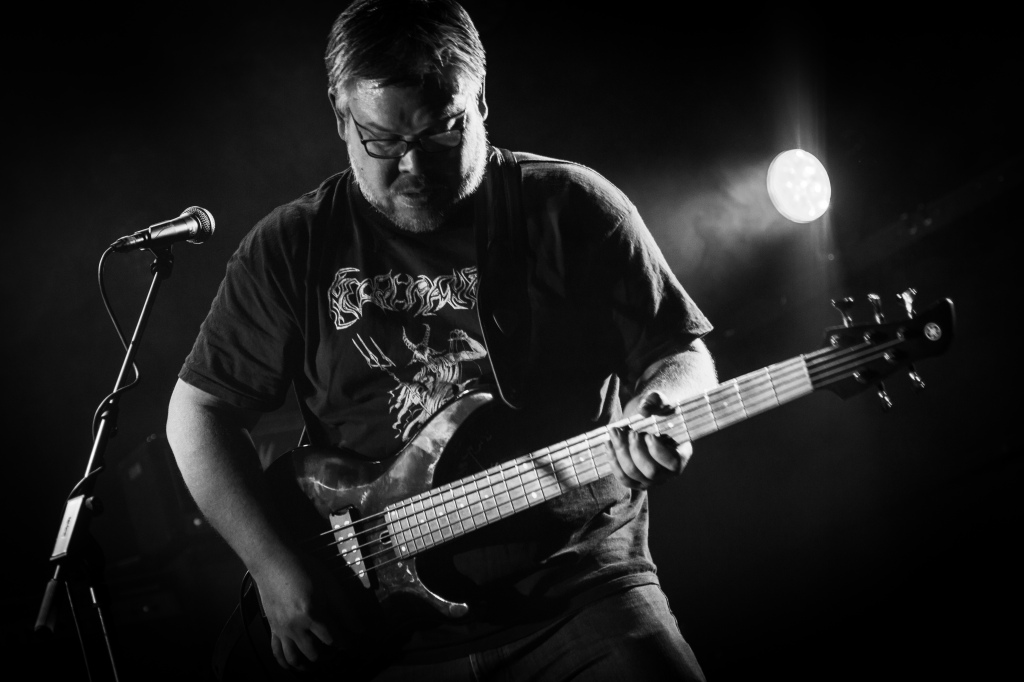
Divide And Dissolve – Systemic
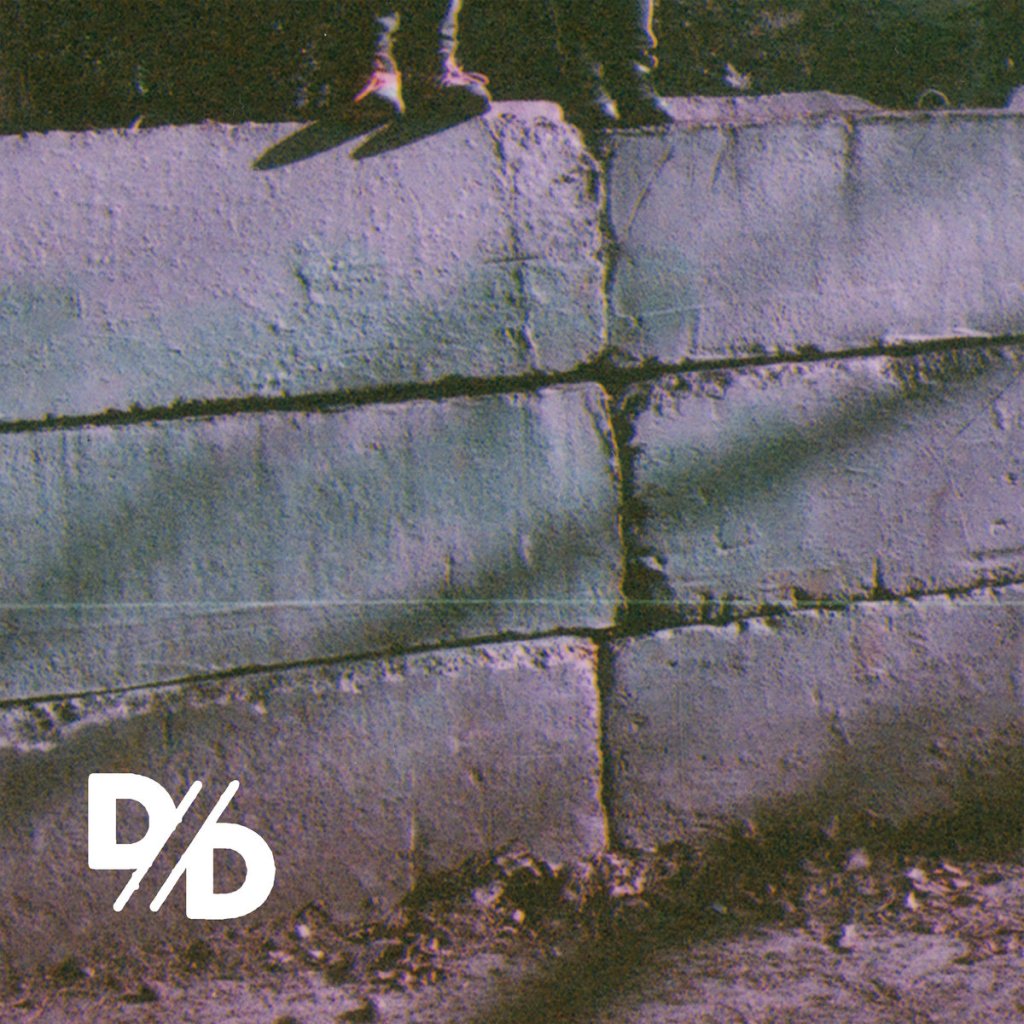
Another record I’ve written about this year, Systemic is the zenith of Divide And Dissolve’s catalogue, a record that imbues the traditional trappings of Doom and Sludge Metal with feverish brass instrumentation, combining ecstatic and apocalyptic sounds with liberatory politics.
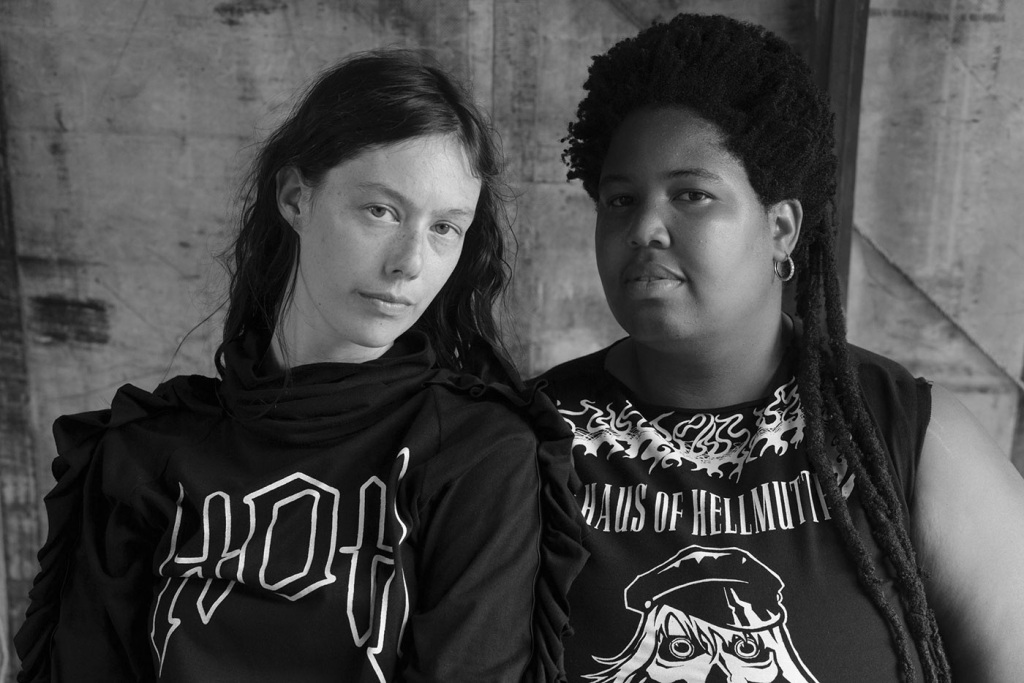
Degradation – Heavier Than The Death Of The Labour Party

Introduced with an incredibly violent shriek of distortion, then sheet-metal scraping atop slow, percussive sub-bass that teases that the subtle rhythmic flair Degradation show on the rest of the album. A track like Surgical Dub undulates and shudders in time beneath a ceiling of electric feedback before exploding into an indecipherable mix of amen breaks and broken speaker output. Plays like the atomisation of a nations character.
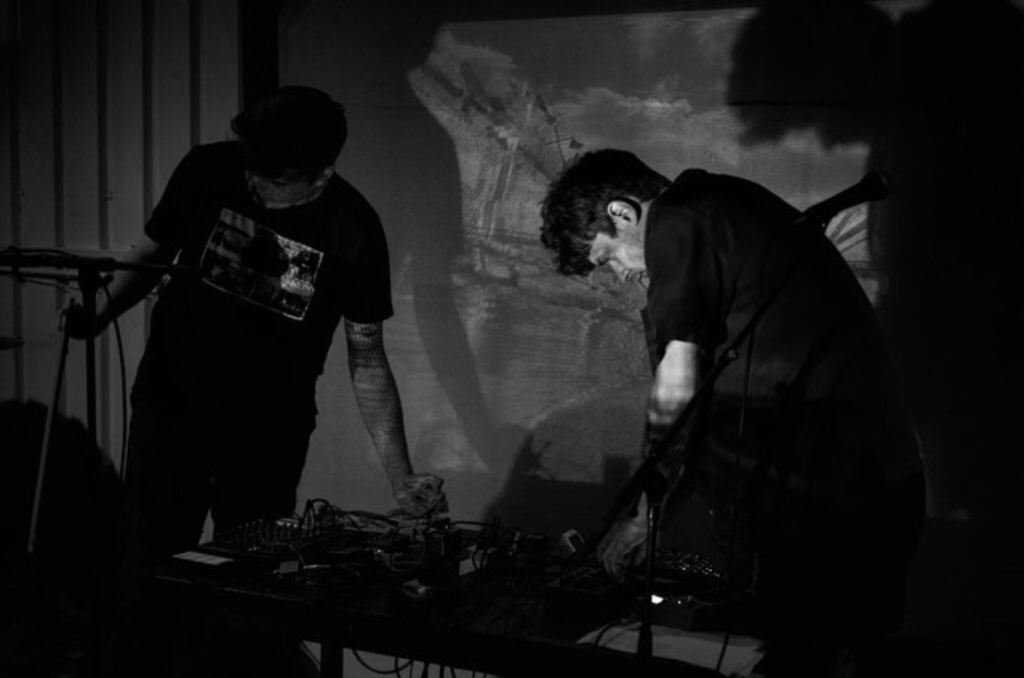
LIKE WEEDS – LEARN THE ROPES
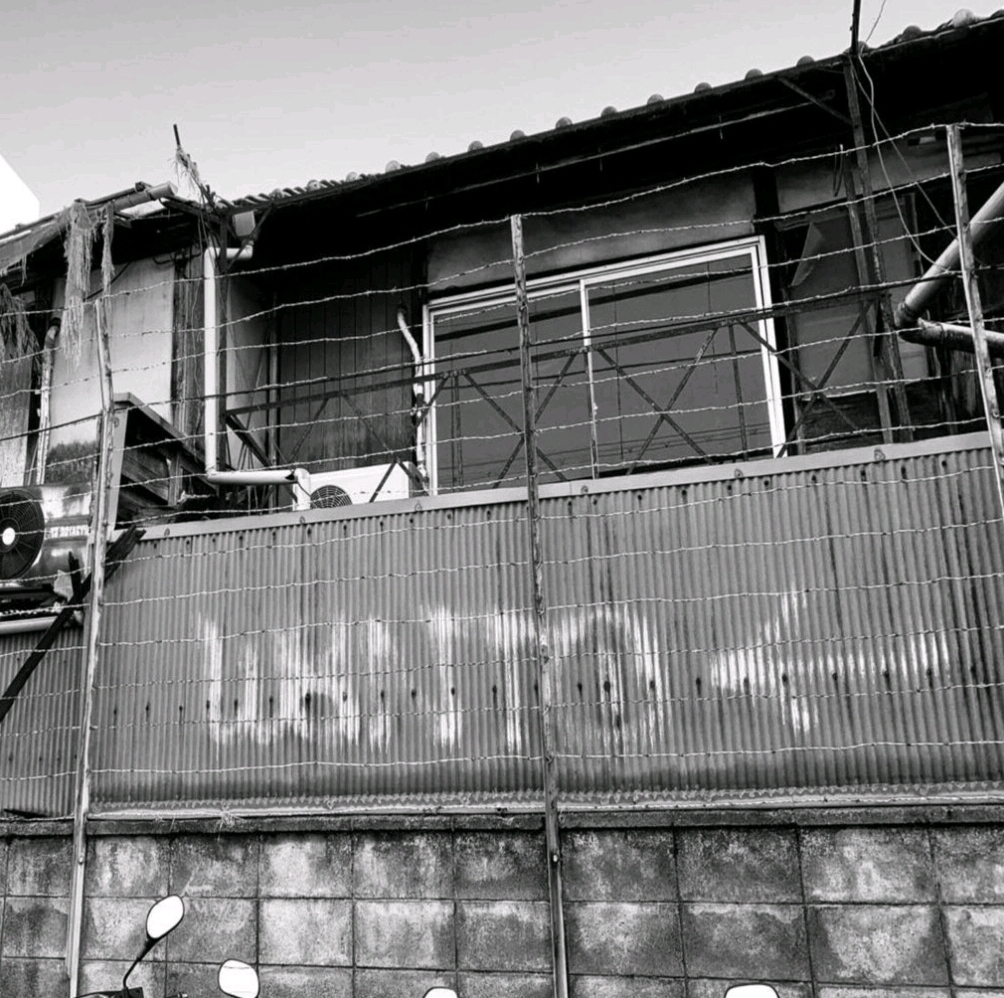
Particularly fucking vicious record, combining elements of Dub and Harsh Noise. Barebones in its makeup, Learn The Ropes feels mechanical and precise in its composition, deliberate in its moments of silence – brings to mind Xanopticon and The Flashbulb. FLICK KNIFE is composed of synthlines that bellow like foghorns over stacatto barks of noise and little triplet hi-hat bursts. SEPERATION and CHAINED are performed like inverted, warped renditions of Dub slow jams – incredibly tense, little release. One of the records I’ve returned to the most.
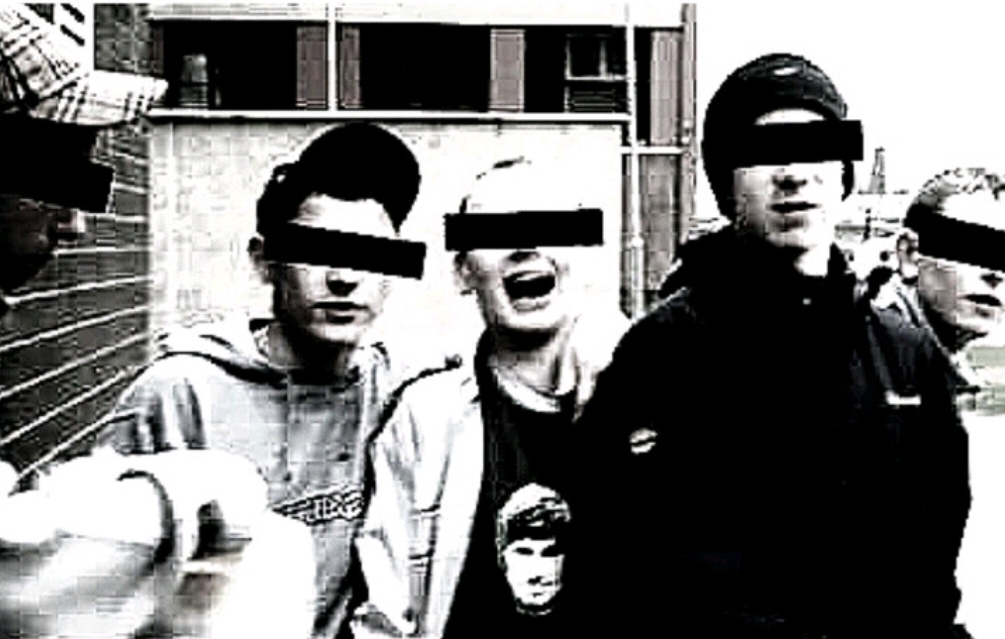
Dawuna – Naya (Unmastered)
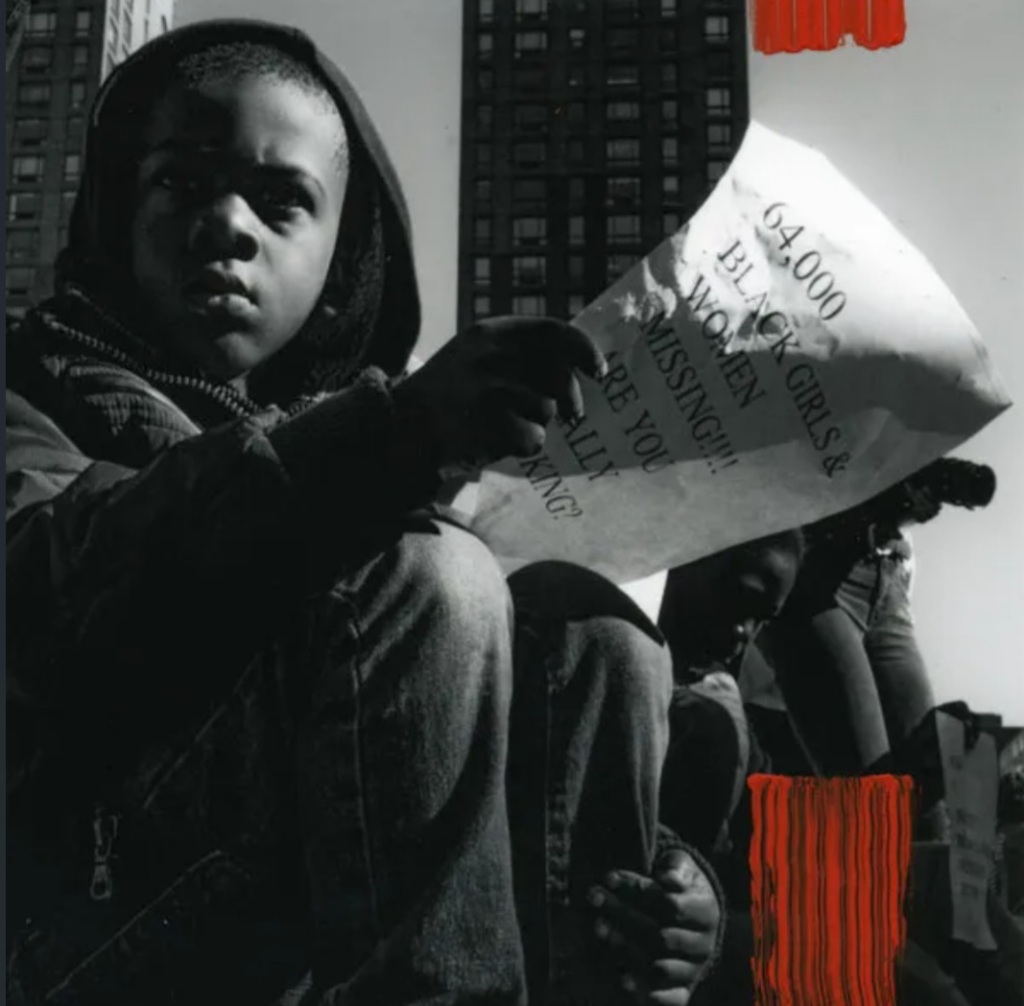
Currently released in an unmastered state – thanks to the documented bullshit Dawuna’s been put through from his team that you can read about and help with here – Naya is a short record of fractured, fragmentary recordings that evoke journal entries, hypnagogic thoughts and the undefined details of dreams. Since The Ape Prince, Dawuna has been untouchable. Tracks like Poppin and Eddie’s Song are gorgeous and smooth pieces of nocturnal Neo-Soul, paired with tracks like Home and Zaire which feel like decaying images from memories. If you listen to one person on this list, make it Dawuna.
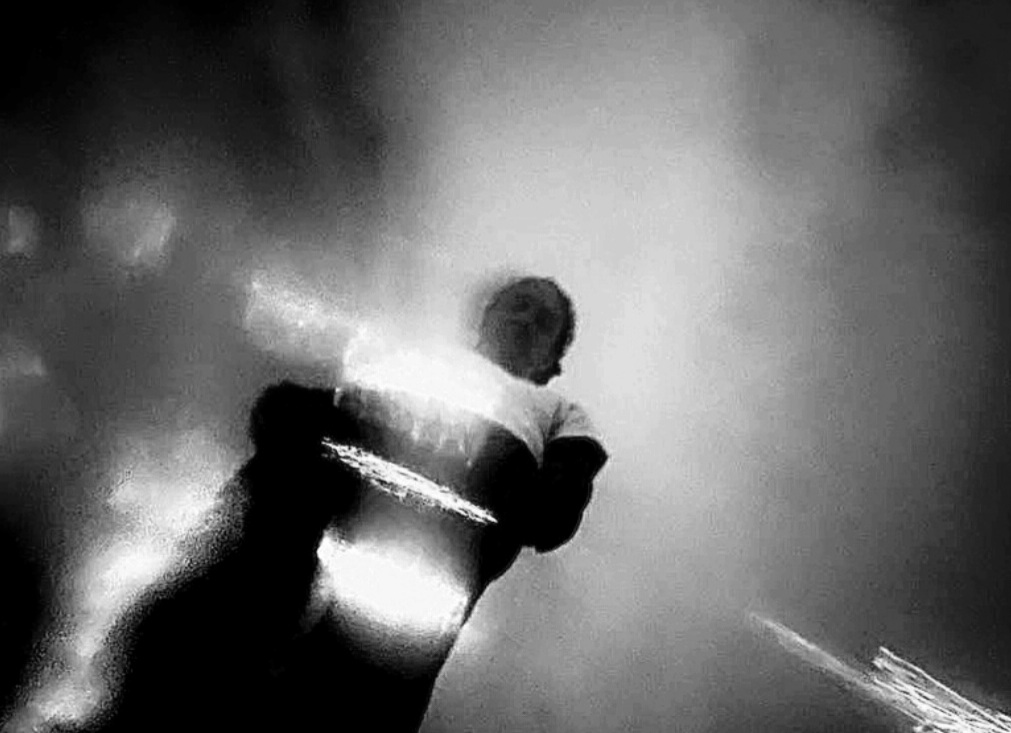
Overmono – Good Lies

Though the Overmono highlight of the year is their contribution to the three-way Freedom 2 collaboration with Kwengface and Joy Orbison – probably my favourite track of the year – their debut full-length Good Lies is the definition of ear-candy. Immaculately produced 2-Step and Garage that in its best moments possesses this euphoric weightlessness to it, best exemplified on So U Know and title track Good Lies.

Aho Ssan – Rhizomes
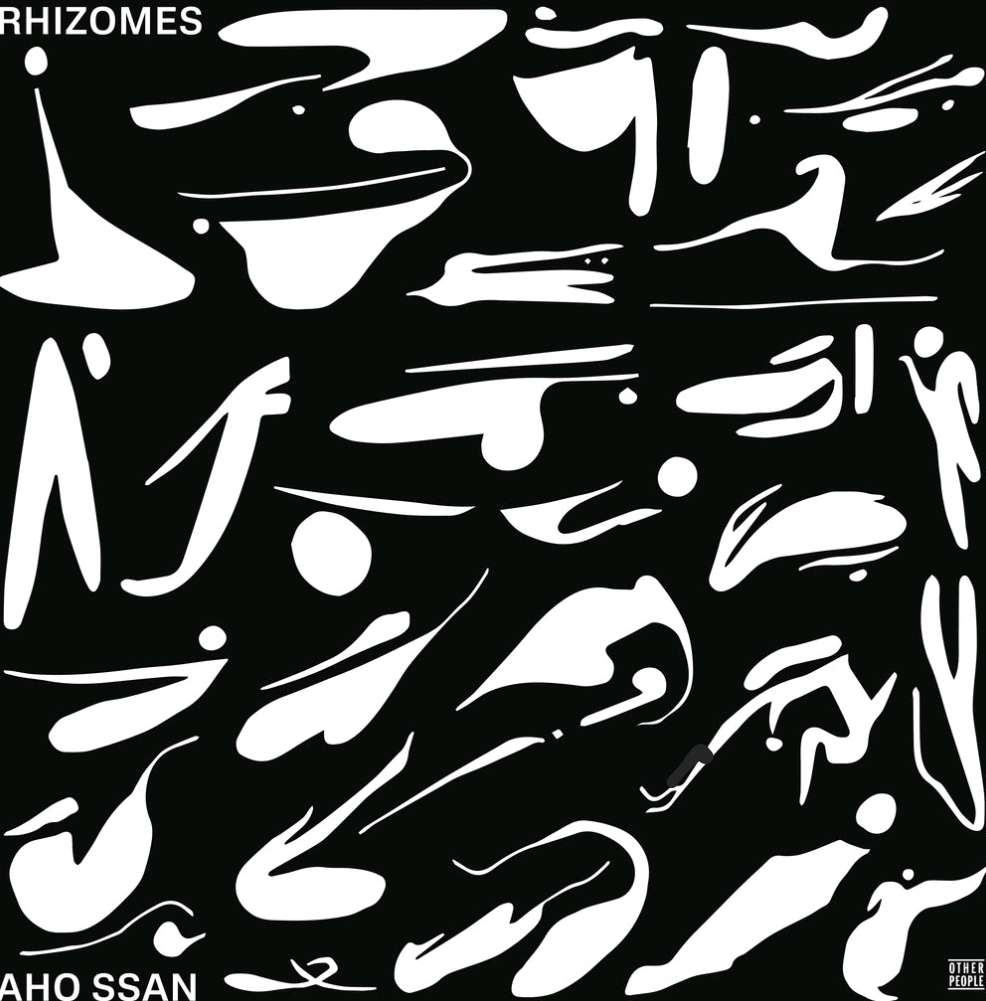
A commissioned project from Aho Ssan featuring an extensive list of contributions from – among others – Nyokabi Kariũki, Nicolas Jaar, Blackhaine and Moor Mother, to help articulate the vision inspired from the records titular Deleuzo-Guattarian concept. A record whose sprawling ideas encroach the barriers of genre and musical form, featuring tracks whose roots reach across artistic, musical and national boundaries. The albums’ dispossession of coherent identity is its most transparent trait – collaborators are subsumed into a sound that eats ideas, eats clearly rooted sounds, only occasionally appearing as a loose resemblance of their original form, swallowed by the collage.
I write only about the version available via streaming currently and not the extended version found on physical release which I was too slow to pick up. The densent record of the year – both in production and intent.
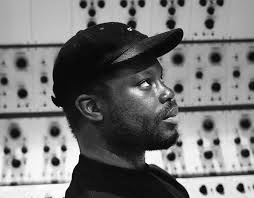
L’Rain – I Killed Your Dog

A record concerning “what it means to hurt the people you love the most”, L’Rain interrogates the relationship between her lush, emotive music and the people and loves in her life. Bridging the gap between ethereal hypnagogia and the more present, guitar-driven Psychedelia-Soul of her past material, it remains incredibly bittersweet – though never close to cynical – and lovelorn throughout, feeling like a record that’s at once progressive while also reflective. Calling it “contemplative” likely gives the wrong impression of L’Rain as more pensive this time around, but I Killed Your Dog is as catchy and hook-driven as any pop record this year. She smothers familiar elements, making them distinctly L’Rain – with tracks like Pet Rock exploring more conventional rock trappings while still swaddled in the dense, lush L’Rain sound.

Tirzah – trip9love…?
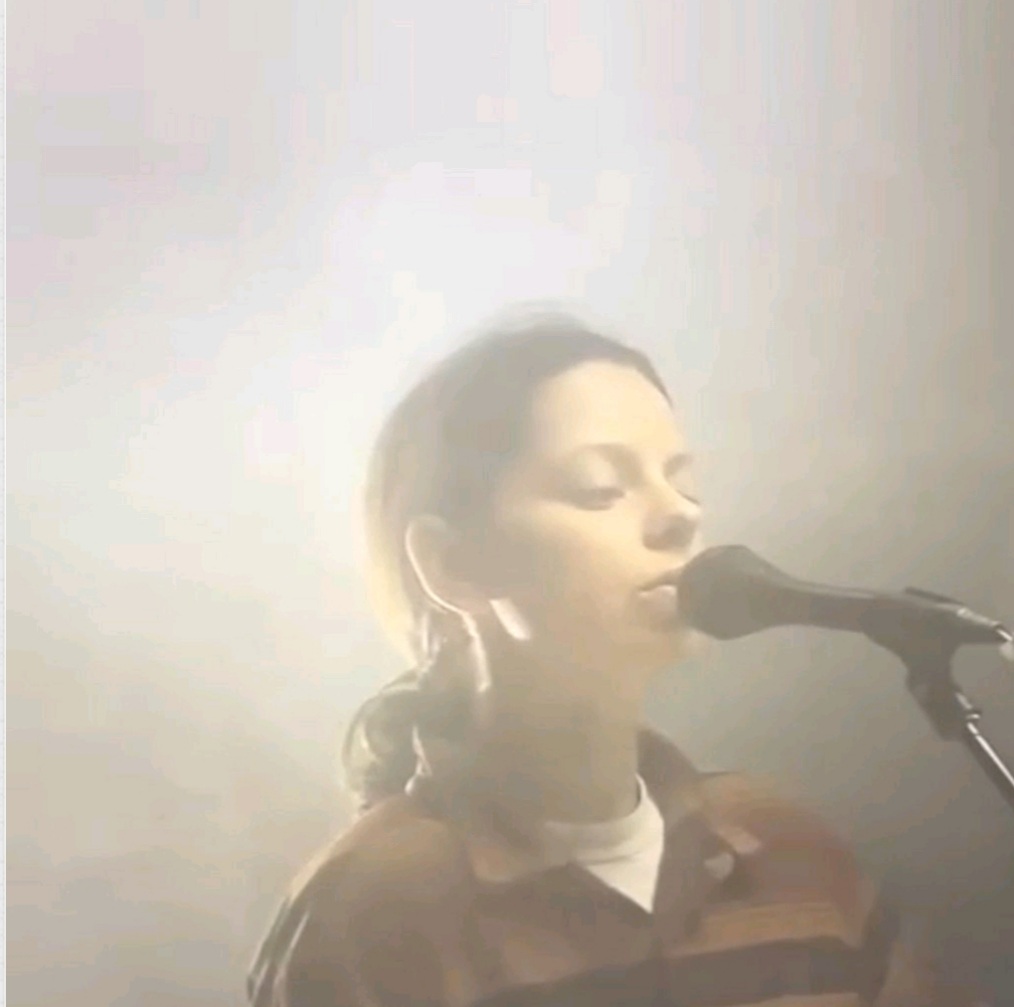
Less concrete, more formless, less rigidity in genre, more fluidity in theming and execution. Smoother Pop and R&B elements are drowned by bombshell-volume hi-hats and Trap beats. It’s Tirzah utilising a minimal approach to creating massive sounding music.

ML Buch – Suntub
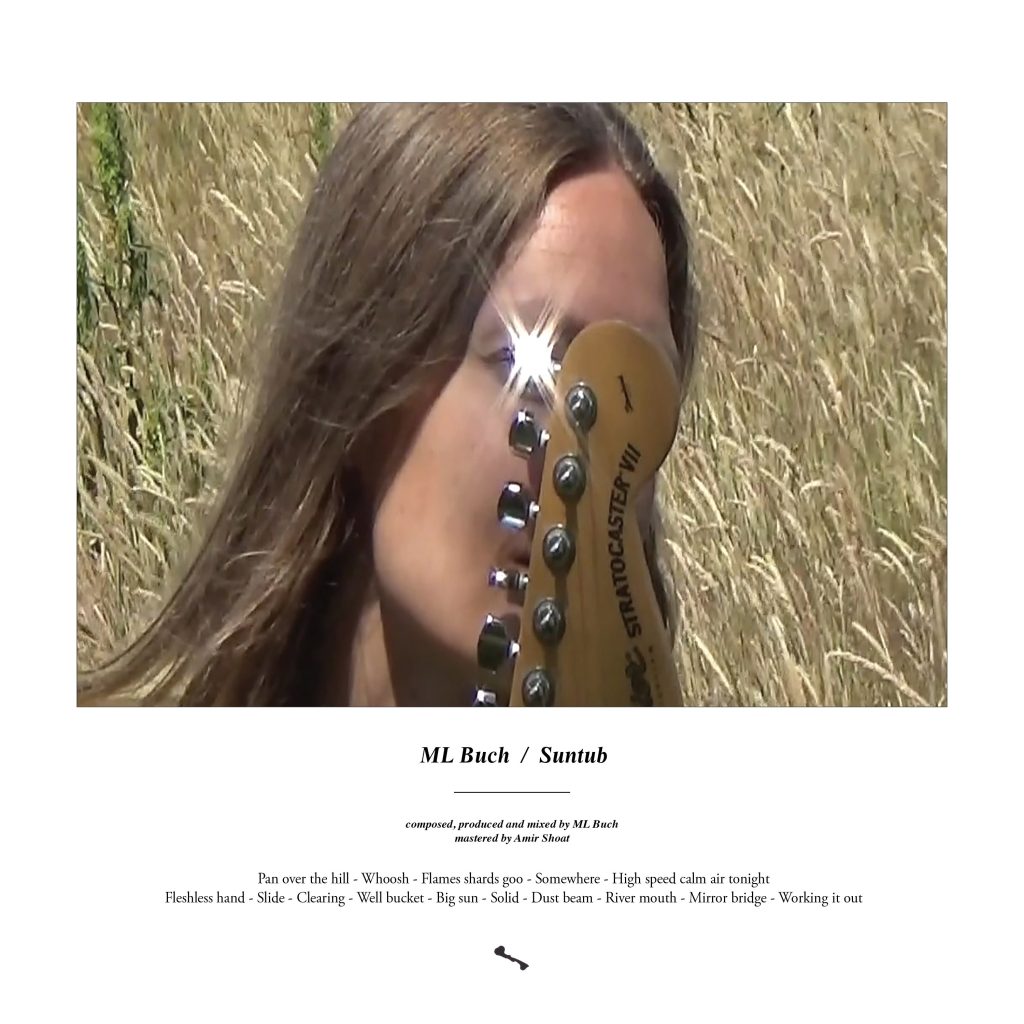
An honestly astonishing transition from the utopian, shimmering prog-Pop of 2020’s Skinned, Suntub is vulnerable, earnest and enveloping in its ethereal delivery. Music like a slug being subsumed by a raindrop, transparent Dream Pop with visible organs.
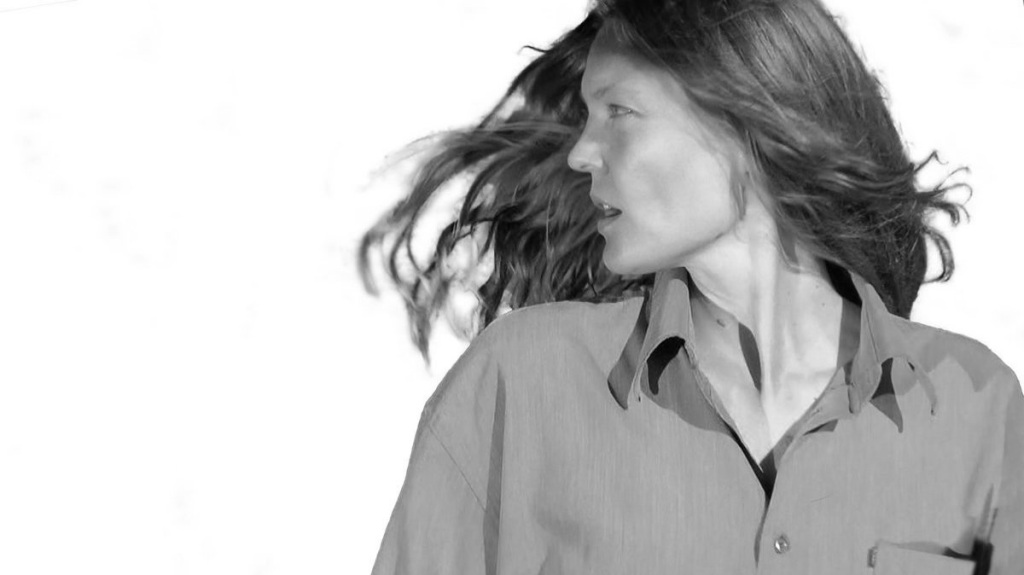
Ben Richter – AUROGENY
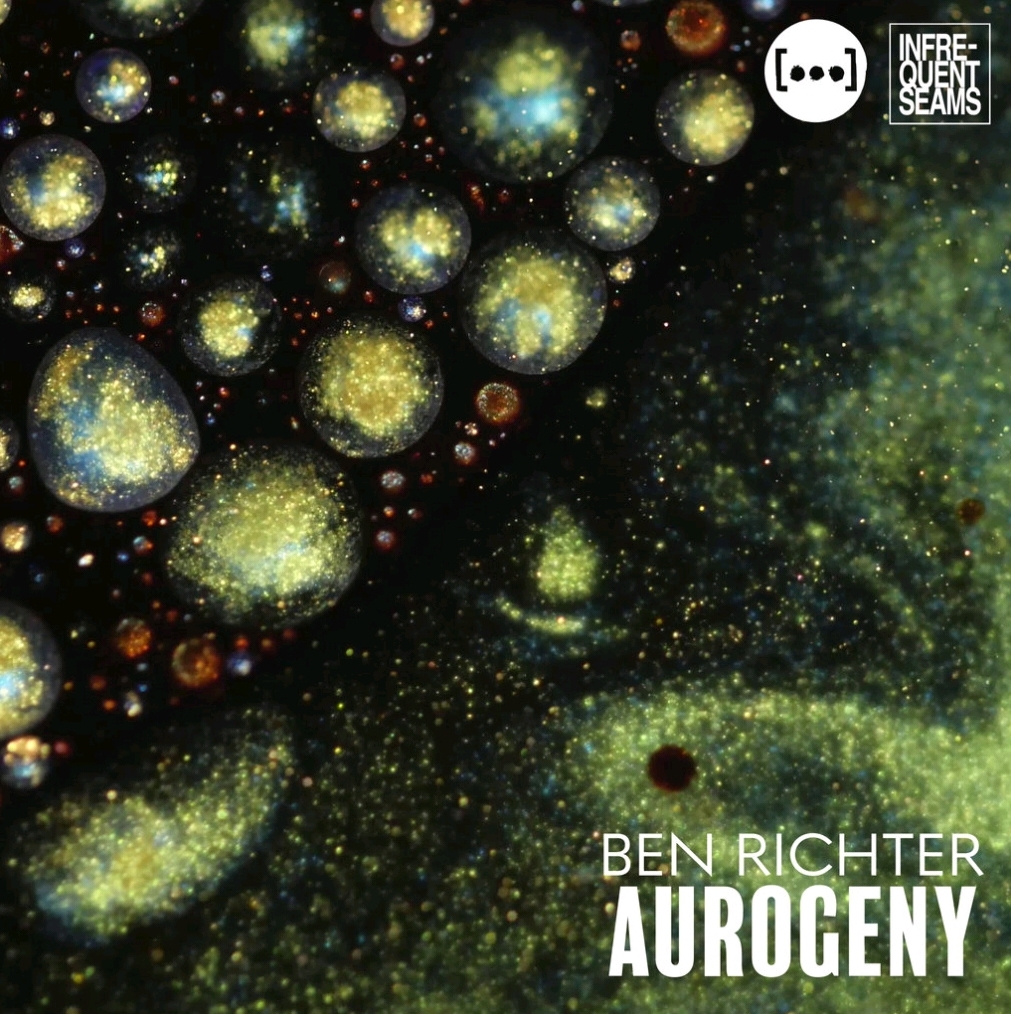
A gargantuan, glacially paced album of accordion and ensemble pieces from the leader of Ghost Ensemble. It’s an album that uses long-form sounds to articulate egress, where musical highways lead to massive cities of intense phrasing. Incorporating elements of Post-Rock and Totalism alongside cosmic and apocalyptic imagery, AUROGENY is over two hours of sprawling, fantastic composition composition.

Honour – Àlááfíà
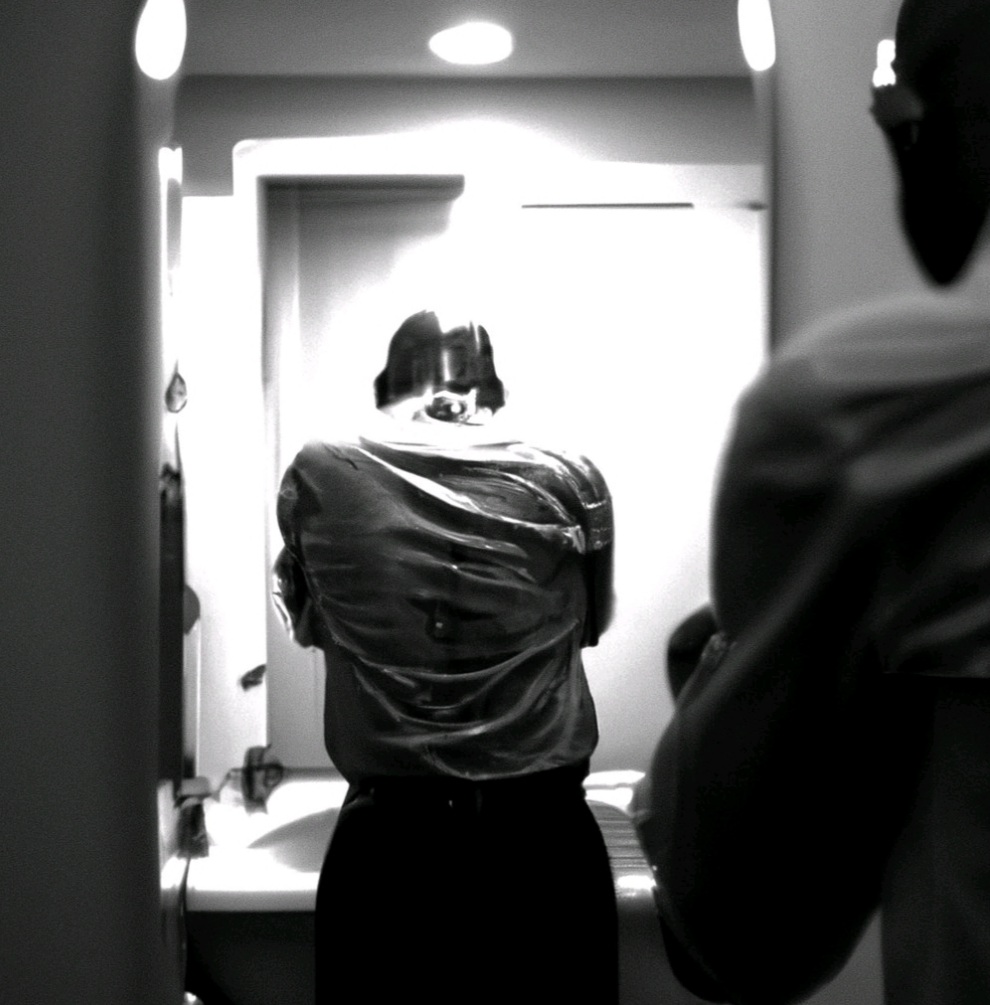
Emotive power collage, spreading into the musical firmaments of soulful ambience, with Hosanna (Greeting2MYPPL) edging into angelic sounds without any expressly clear liturgical influence. The sampling of gunshots is interlaced with shimmering, beautiful choral elements. Intricate and cold music, perfect to close out the year with.


Leave a comment